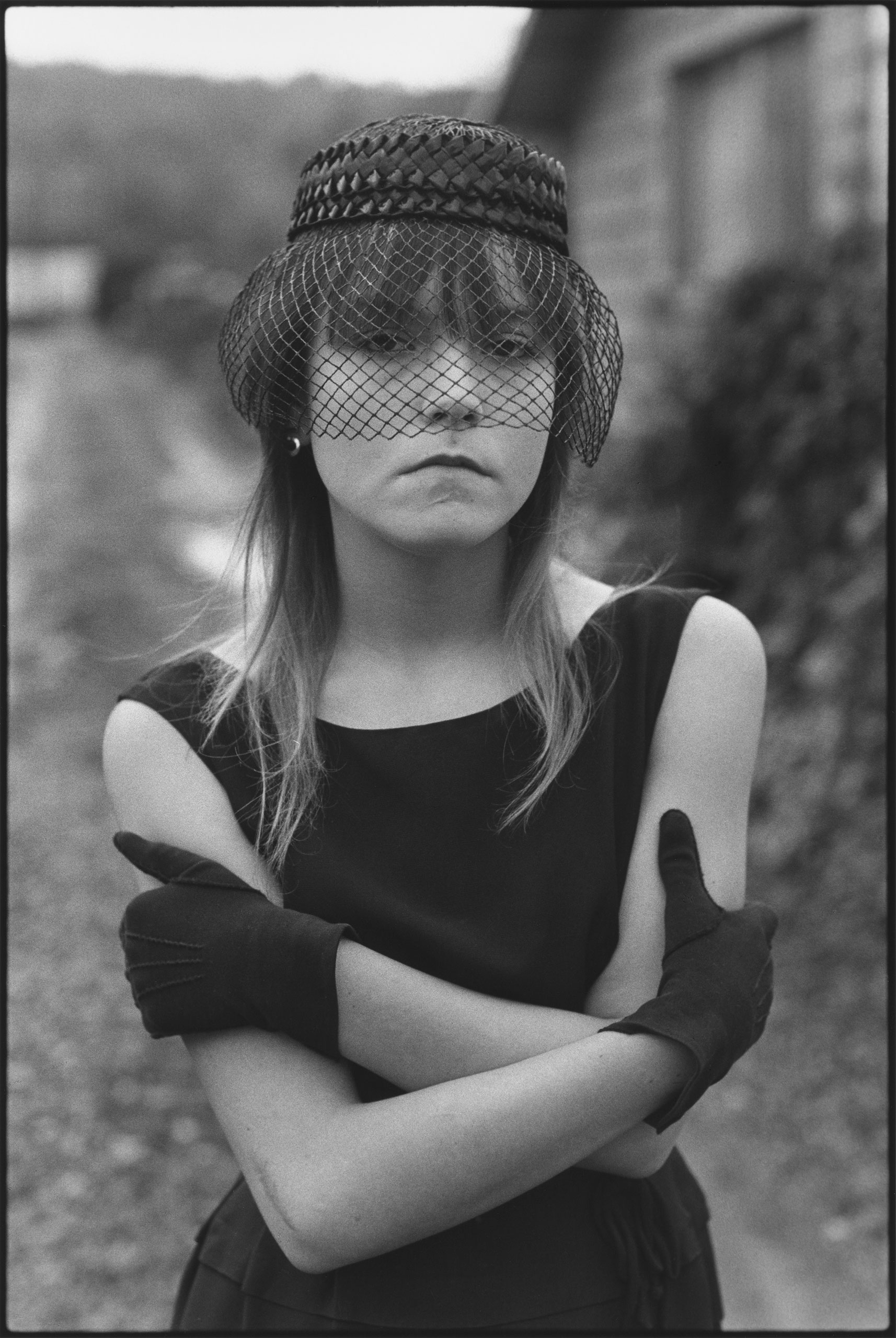
Mary Ellen Mark — a documentary photographer who, through her incredible enthusiasm, competitiveness and determination, influenced many of her contemporaries — had been sick for months. Yet, in typical fashion and as she’d always vowed, she worked until her last breath, completing her 19th book and putting the finishing touches on a project in time for this year’s 10th anniversary of Hurricane Katrina.
Less than 24 hours after the announcement of her passing – she died at home on Monday, aged 75 – tributes from her friends, colleagues and collaborators are pouring in:
“Mary Ellen lived hungrily, fully, and had this extraordinary will and determination,” said Melissa Harris of Aperture Foundation, which was working on Mark’s new book Tiny: Streetwise Revisited. “She wanted to work — she loved being a photographer. She was great with her subjects — working so intuitively — and was able to get at the essence of the people she was photographing, to tell their stories. It mattered to her to represent them faithfully and truly, and not just in the documentary visual sense, but distinguishing each individual for who he or she really was in the world. Her work is humane, all heart.”
Designer Yolanda Cuomo, who worked with Mark and Harris on the late photographer’s last book, was honored when the photographer called her last year with the job offer. “Mary Ellen was so enthusiastic and giving throughout our collaboration,” Cuomo told TIME. “This was a tough subject, but her ever powerful, soulful eye made the project a joy. I am so happy she saw and blessed every detail of our book. She had a rage to live right to the end.”
Mark’s uncompromising style and ethics influenced many of her contemporaries across the entire photographic spectrum. Documentary photographer Eugene Richards was stunned when he heard of Mark’s passing. “Coming as a grave disappointment, as a shock, the death of Mary Ellen has left me with little to say,” he wrote in an email. “The words that do come to me to, in part, describe her are: elegant, intense, curious, and unstoppable.”
Portrait photographer Martin Schoeller admired Mark’s boundless energy and curiosity. “At times, I felt like talking to an excited little girl, so full of life and passion, especially when it came to photography,” he said. “She was so young at heart. She was also the most courageous photographer, never taking no for an answer, always trying to achieve her vision at all costs.”
MORE: Remembering Photographer Mary Ellen Mark Through Her PEOPLE Pictures
For Mark Seliger, “Mary Ellen was one of the most passionate and compassionate artists I have ever met,” he said. “Her commitment to photography was like no other. From her relentless recording of the human condition to her purist commitment to the craft of photography, her images will always be an indelible reminder of just how precious life is. She was my teacher and my friend, and I will miss her pointing her finger at me and saying ‘you’re still using film, right?’”
For Donna Ferrato, Mark was the queen of the black and white frame – one that didn’t compromise. “She made impossibly strong photographs without gimmicks,” Ferrato told TIME. “She wasn’t a phony, and she didn’t capitalize on people’s fame or suffering to win prizes. In other words she didn’t sell out and she never traded her core values. She worked hard every day aspiring to capture a single truth in a lasting image.”
Mark’s influence spanned entire generations of photographers. From Jeff Jacobson, with whom she co-founded the Archives photo agency in 1981, who remembered her passion – “she loved photography,” he said, “she did not suffer fools, or artifice, at all.” – to Gillian Laub, who discovered her work while in high school. “She was a huge inspiration,” Laub told TIME. “The inimitable Streetwise was one of the reasons I wanted to become a photographer.”
For documentary photographer Louie Palu, Mark was more than a mentor. “In 1991, Mary Ellen gave me my first real photography experience as her intern when nobody else would take me on after graduating from school,” he said. “I was confused about what I was supposed to do or learn to become a photojournalist, then Mary Ellen made it clear to me. She explained that being a photojournalist is about believing in something. She taught me that honesty, compassion and empathy are the most important things I could learn to become a photojournalist.”
See Mary Ellen Mark’s Most Memorable Photo Essay
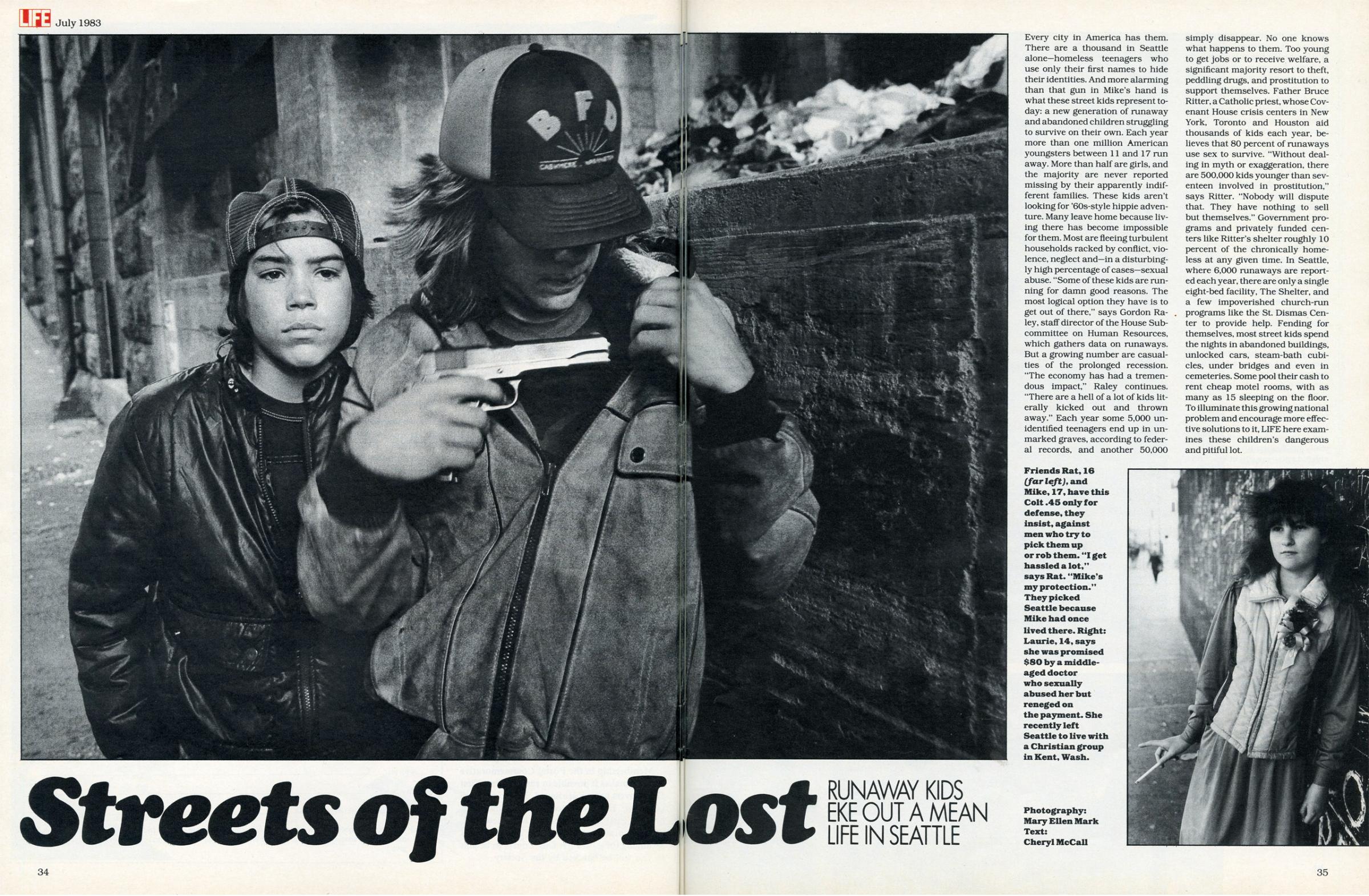
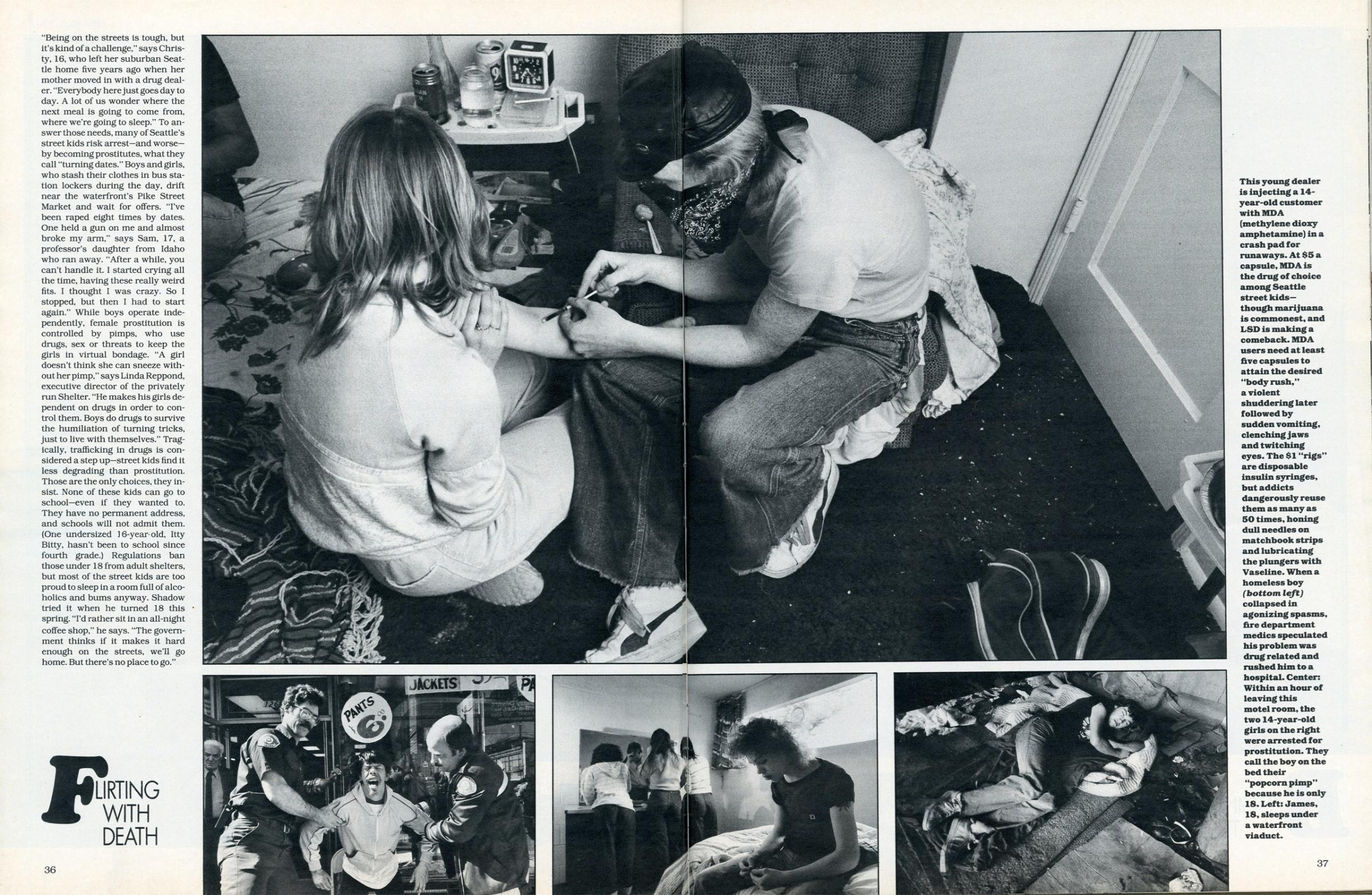
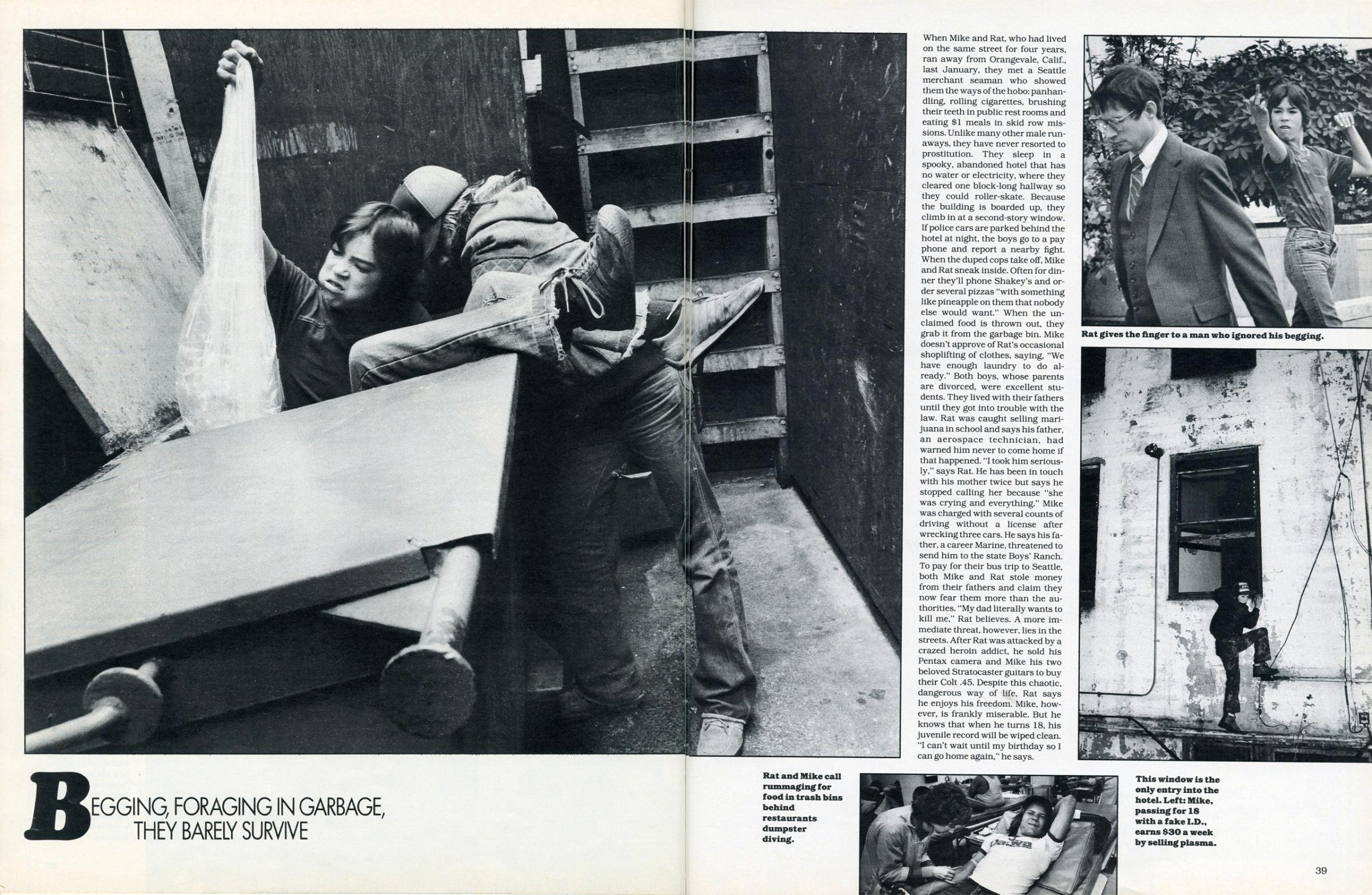
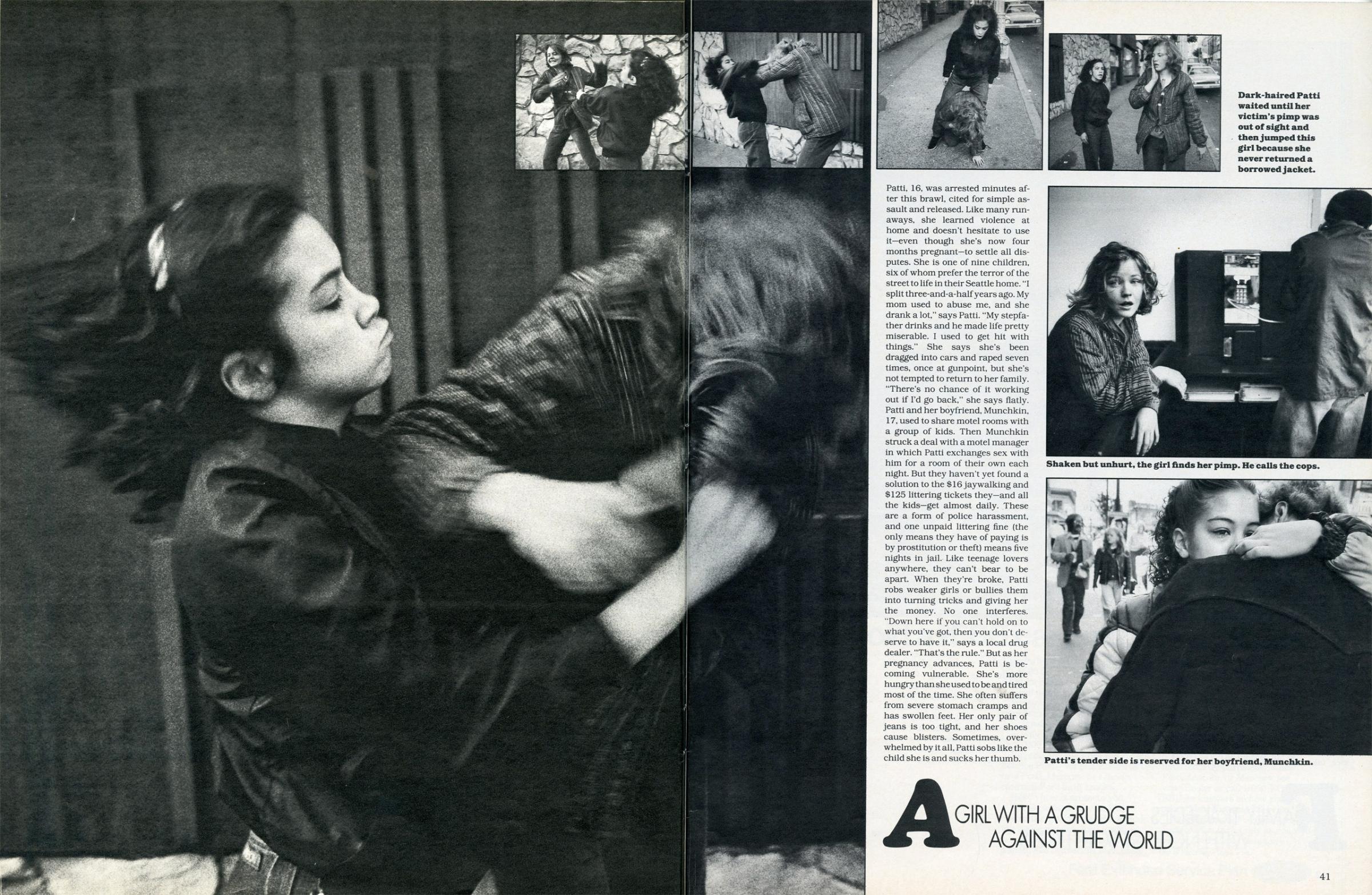
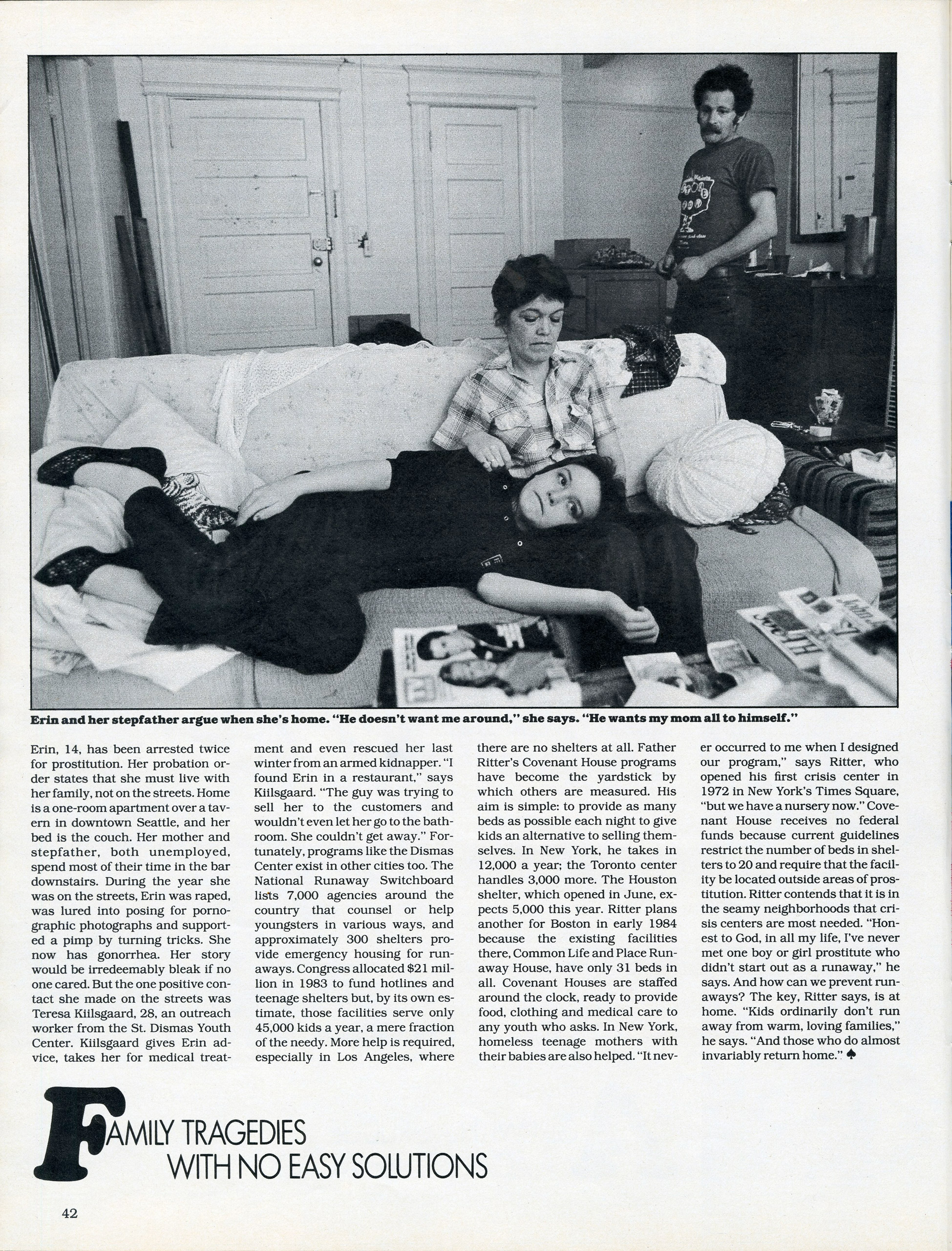
Teaching photography was, undeniably, one of Mark’s passions. “Mary Ellen visited Oaxaca twice a year during the last 19 years,” said Daniel Brena, the director of the Centro Fotográfico Manuel Álvarez Bravo. “Here, she taught a workshop in documentary photography. She was always full of energy, even after a whole day teaching.”
Mark’s printer, Chuck Kelton, agreed. “She was an enormously gifted teacher,” he said. “She filled her workshops with a spirit of excitement. She shared her knowledge and ideas with photographers of any skill level. She had the ability to critically analyze the work of photographers and provide them with a constructive foundation to continue the development of their ideas.”
Her influence was not limited to photography either; the writers with whom she worked also took something away from the experience. ” You could not be around Mary Ellen and not learn how to see things as she saw them,” noted the novelist John Irving, who wrote the introduction for Mark’s book Streetwise. “No one could see how things looked as clearly as she saw them.”
“Working with Mary Ellen always moved me because she was so intensely interested in the people she photographed,” says former LIFE writer Anne Fadiman. “In the story we did for LIFE about a homeless family, their expressions are unguarded because she wasn’t standing on the outside looking in. She was always inside their world with them, asking them genuinely curious questions, listening with concern to their answers, turning her lens into a bridge rather than a wall.”
David Van Biema, an author and former chief religion writer at TIME, remembered the lessons he learned while working with Mark in 1991. “I went to Goa, in India, with Mary Ellen, as part of her ongoing series on Indian circuses,” he said. “I was working for LIFE Magazine, and I left mistakenly thinking of myself as her partner on the story. I was fairly quickly disabused of that. The circus series was her story: the people who funded her trips just rented it. The circus was incredibly intense to me — the bone-bending training of the tiny child acrobats; the taste, rather than smell, of a lion’s breath — but in the end, I tried to fit my text to her vision. She was the boss; she got to call the reality. Now I have my own topic, my own part of the universe to clarify, over years. I’m not sure I would have gotten there if she hadn’t provided me with a model.”
Elisabeth Biondi, who worked with Mark when at The New Yorker, praised the photographer’s unparalleled attention to details. “She left nothing to chance,” Biondi said. “She was fierce in her commitment. She wouldn’t take no for an answer. And she was also incredibly loyal to her subjects.”
Mark was also uncompromising in her practice, Biondi added. “She was committed to doing the pictures as she saw fit to do them, which means she stayed with film and didn’t move over to digital. And if people didn’t want it, that’s how it had to be.”
“Mary Ellen Mark was a fascinating woman and an uncompromising artist,” said Susan White, Vanity Fair‘s director of photography. “I will always remember the amusement in her eyes and her unwavering determination when she went for a story. She was an unforgettable person who had a spirit that matched her unique, bold and beautiful style. Mary Ellen had such a strong presence. It seems impossible she’s not here now.”
As an entire industry now mourns Mark’s death, come winter her absence will, for many, take on another form. Every year, she would invite friends and strangers alike with their dogs for her legendary canine Christmas parties. “People lined up to have her photograph their dogs and to witness her enthusiasm behind the lens,” said Laub. “She loved dogs the way she loved the people she photographed. She brought out the humanity in all.”
A Very Doggy Christmas: Mary Ellen Mark’s Legendary Canine Party
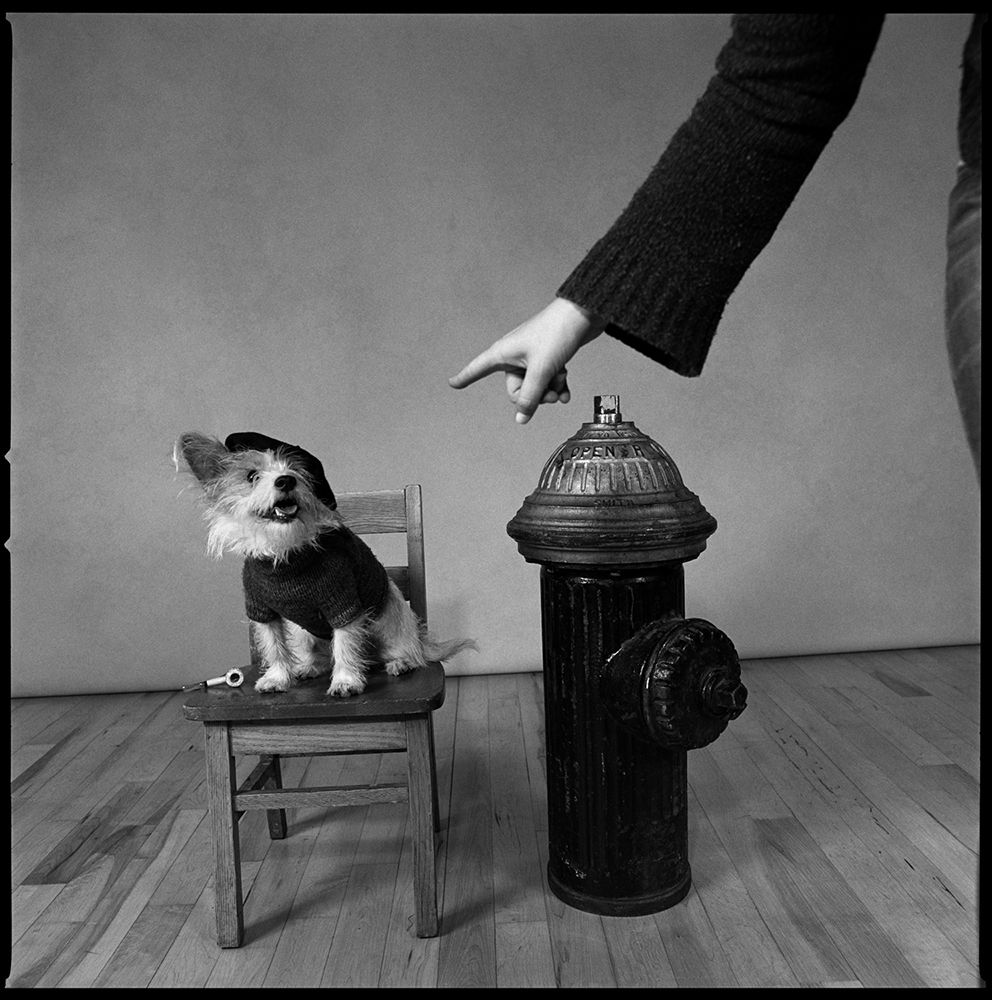
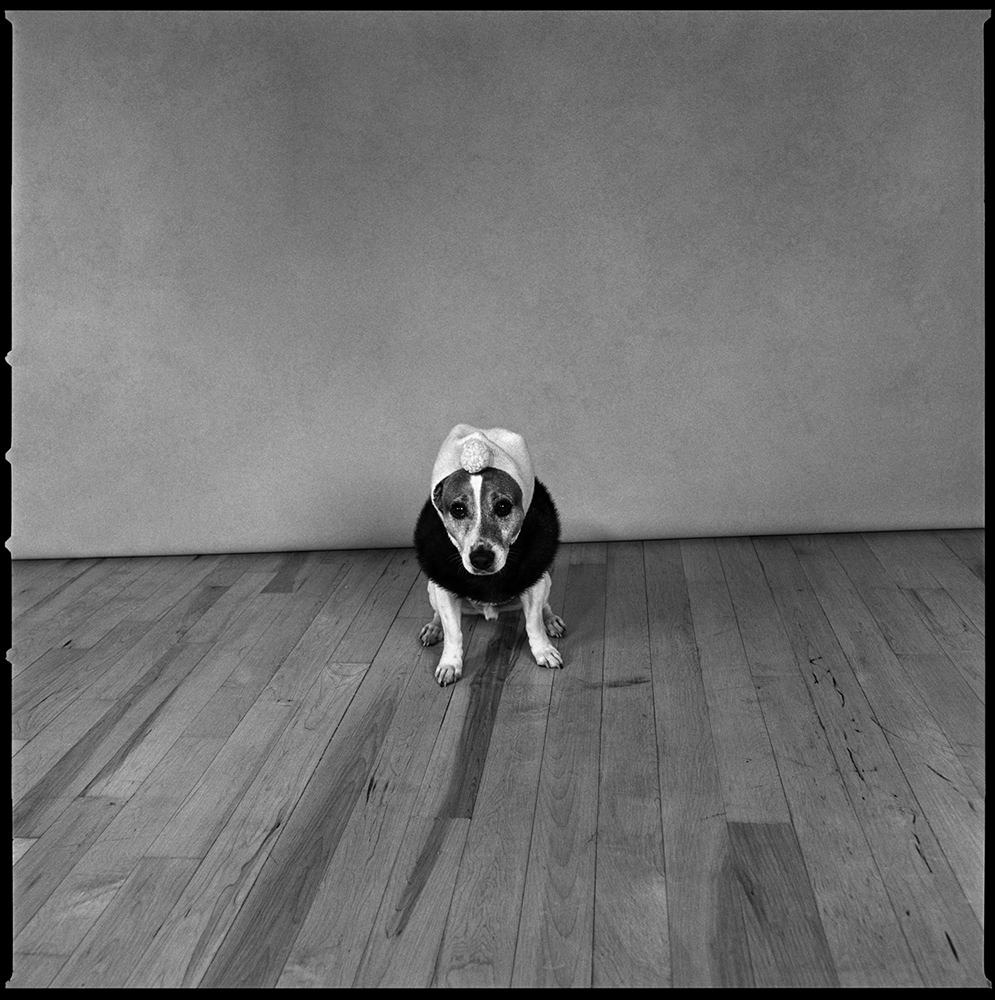
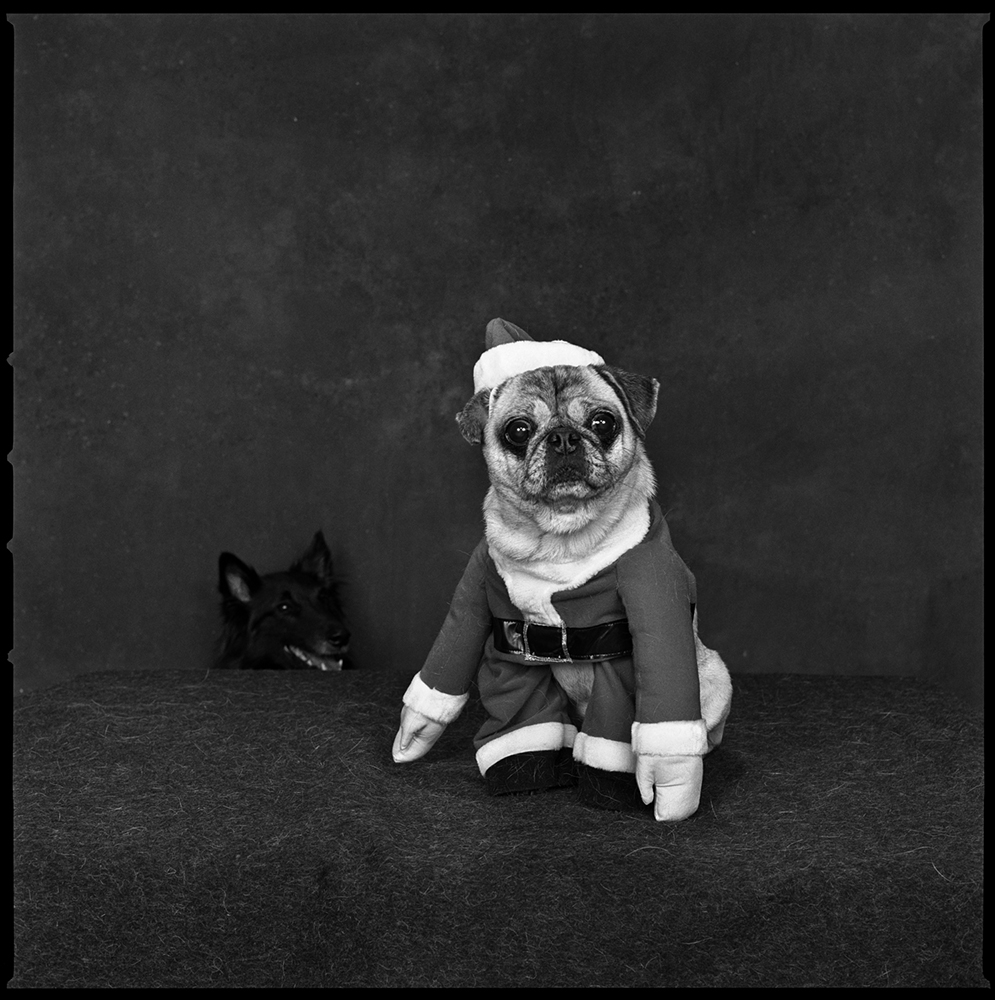
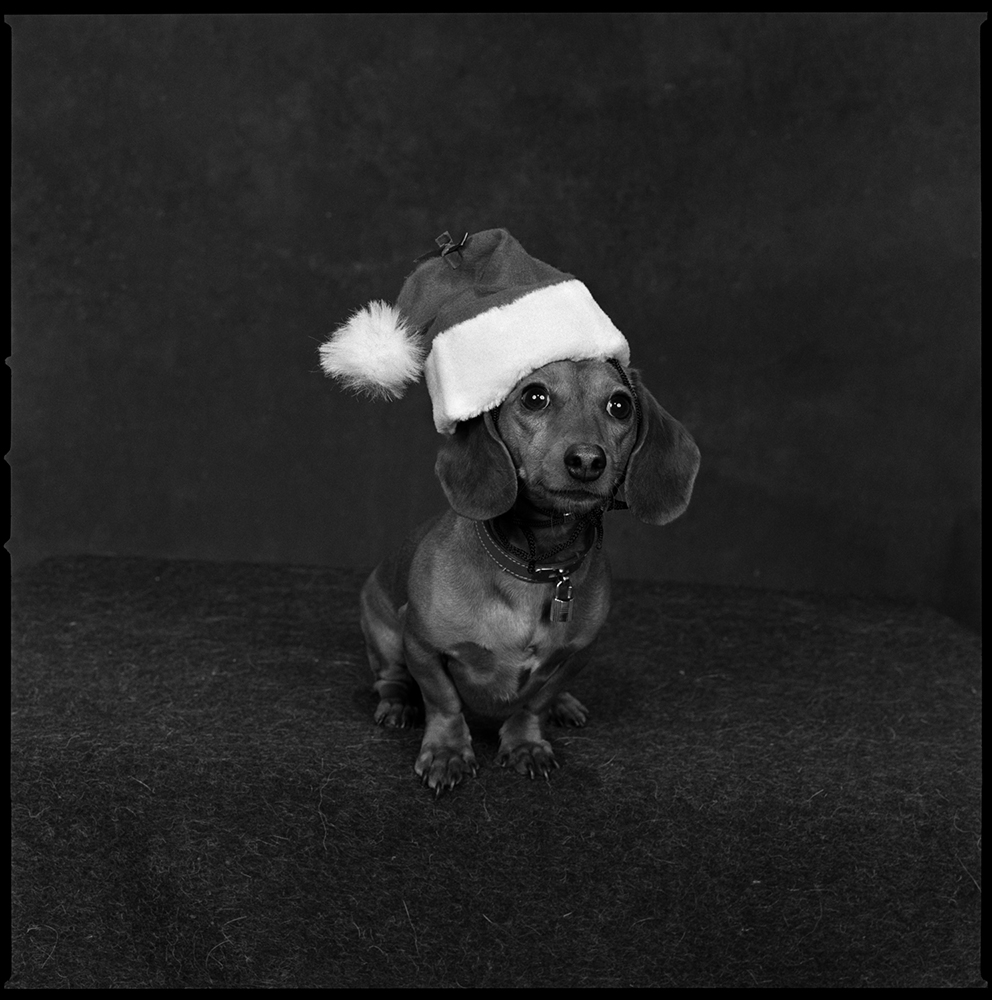
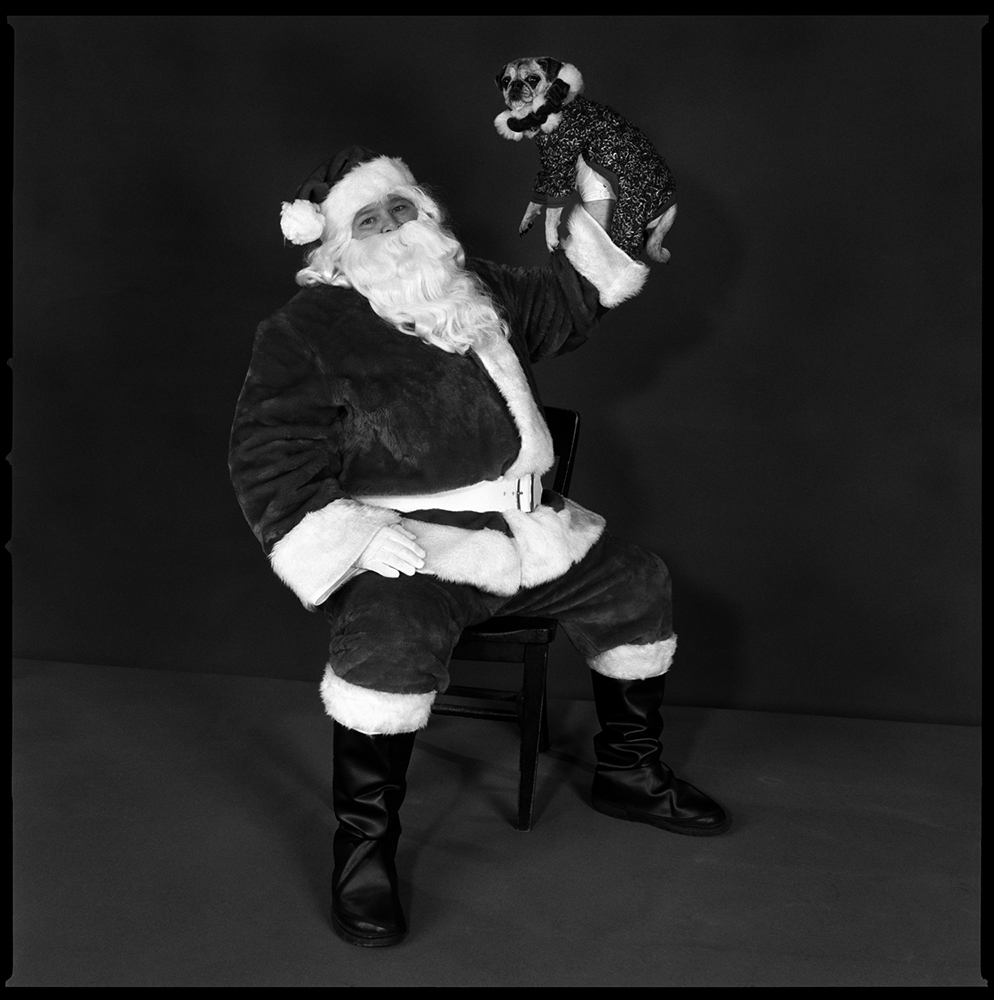
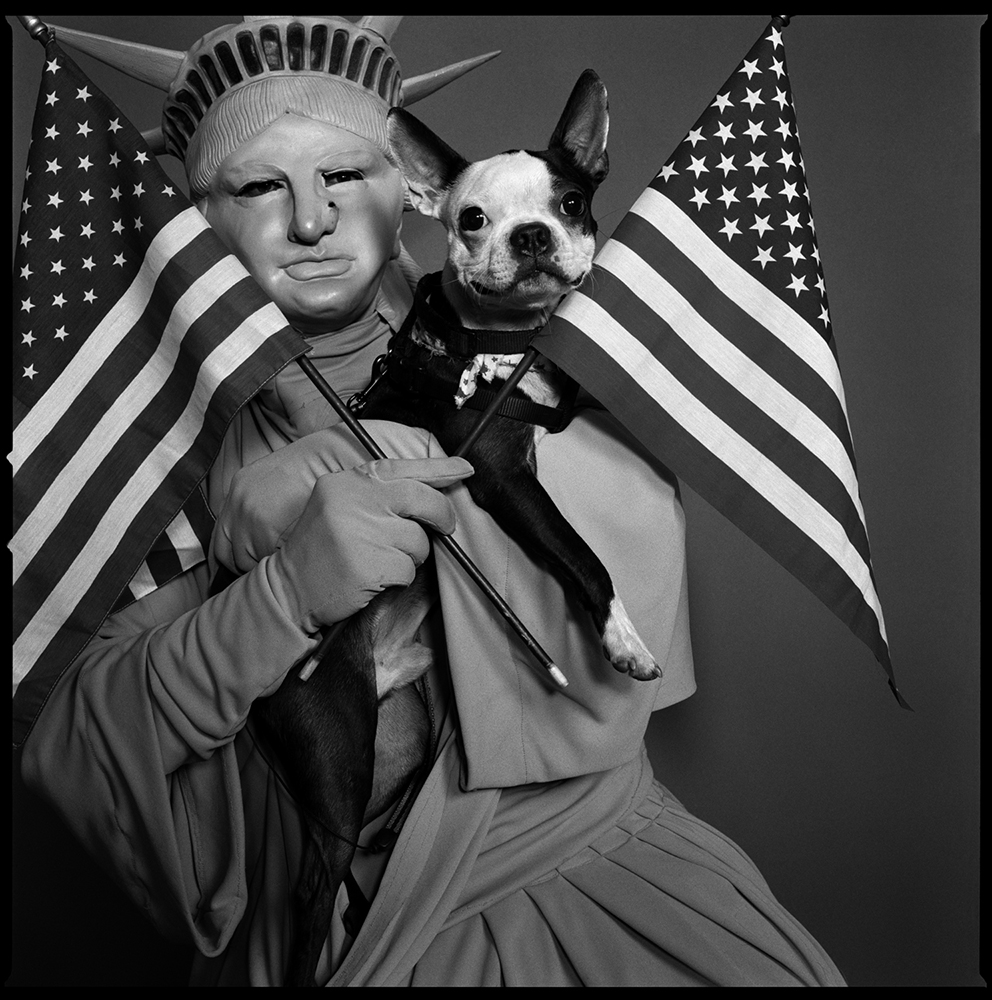

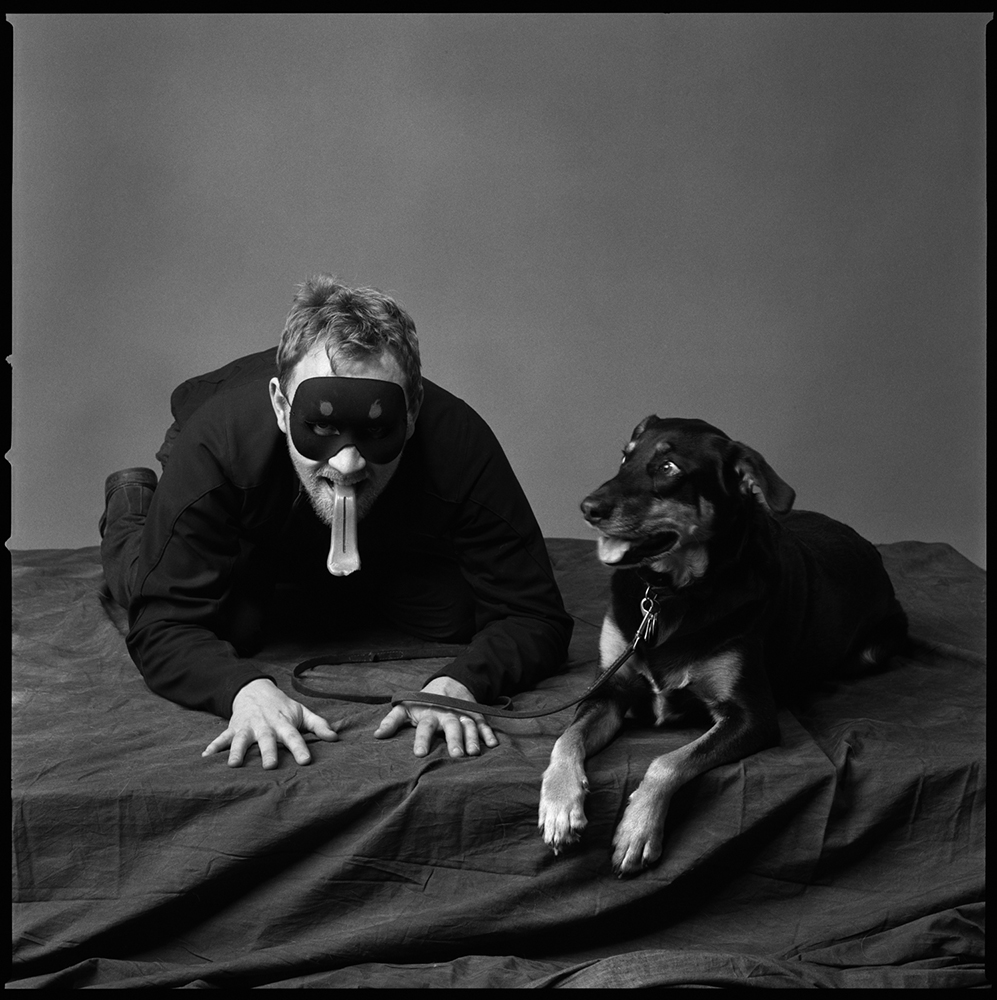
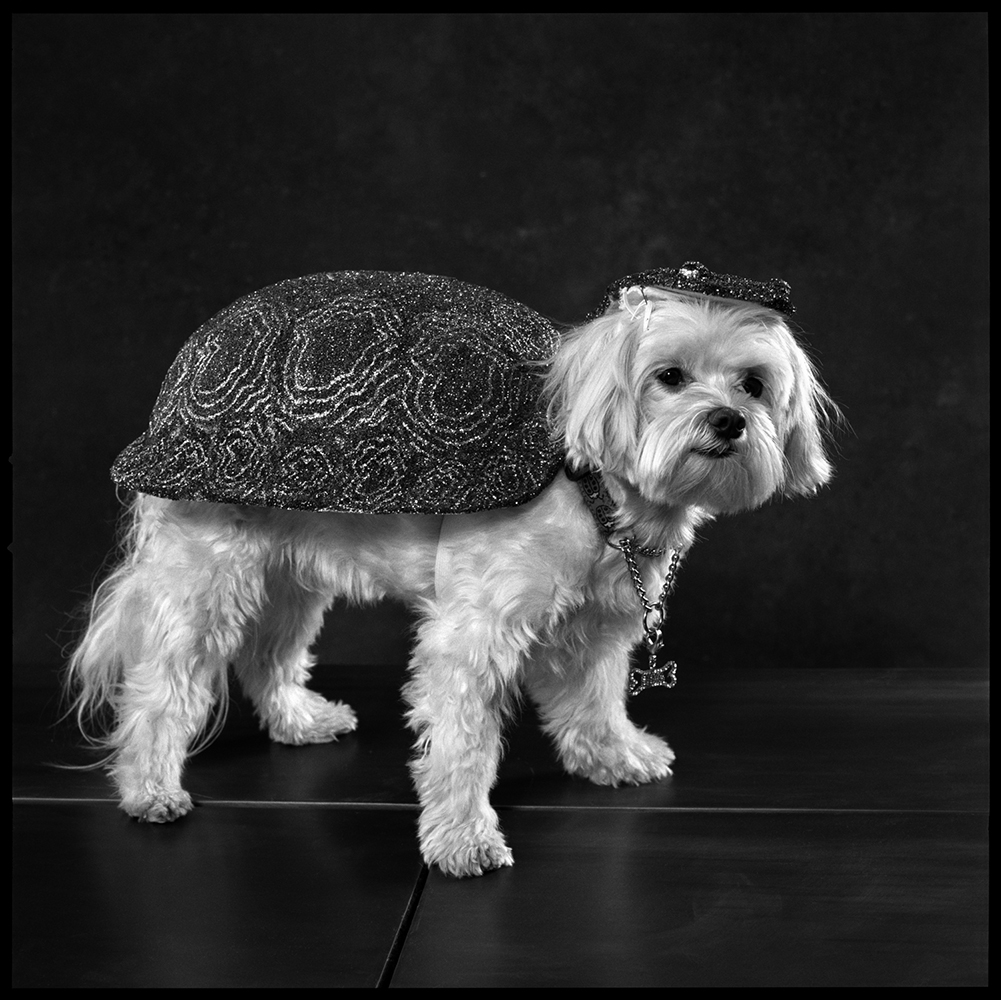
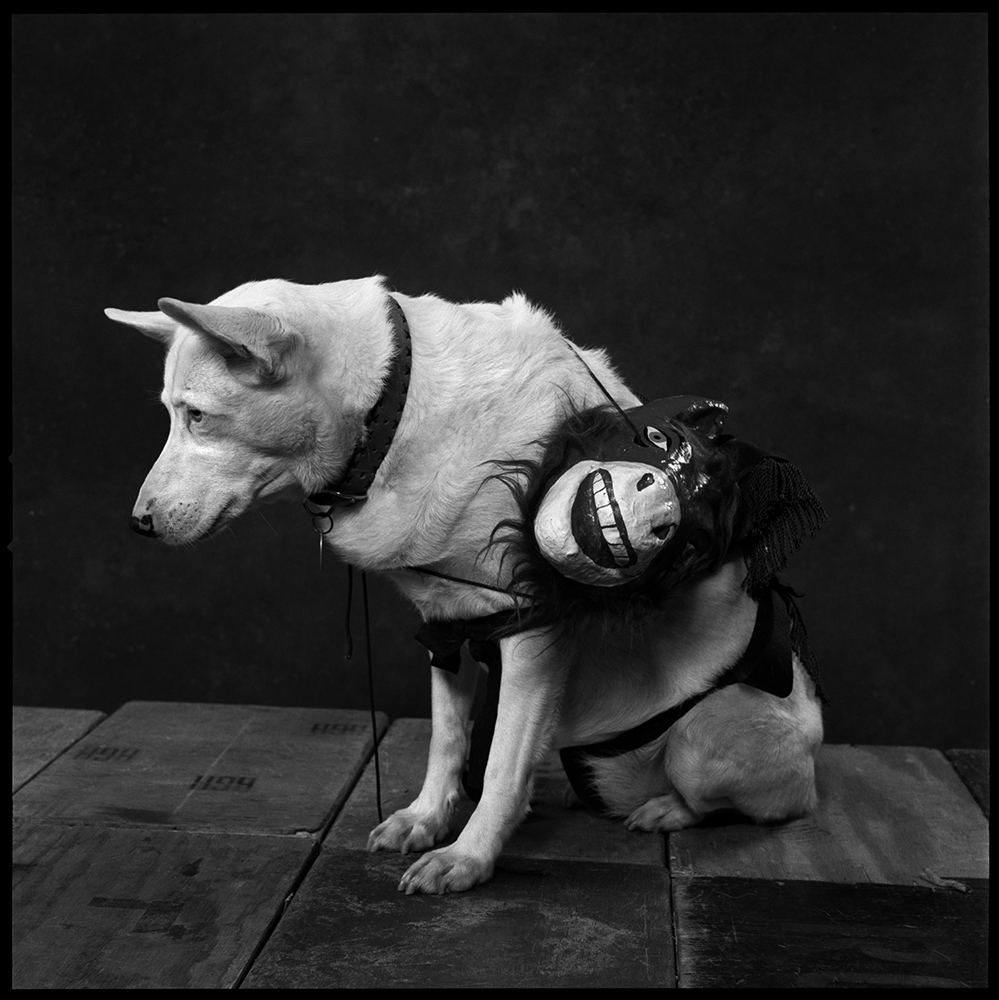
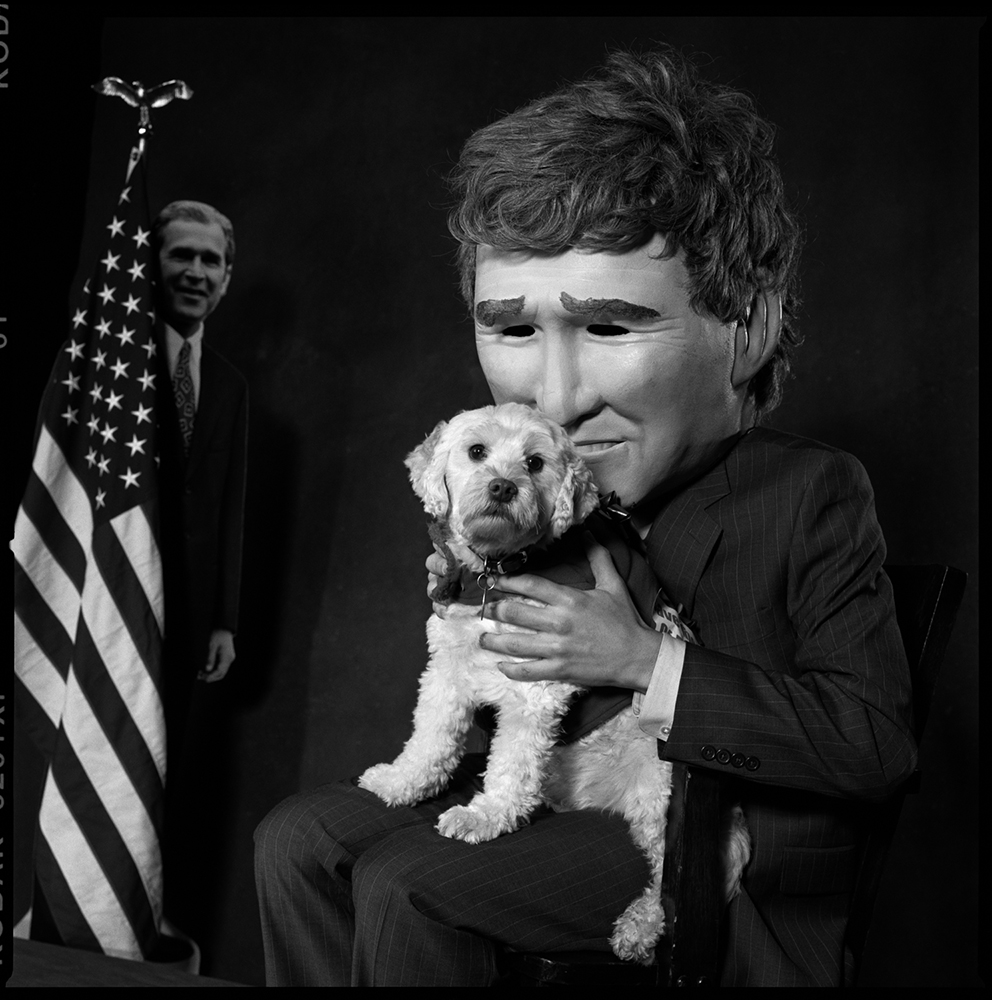
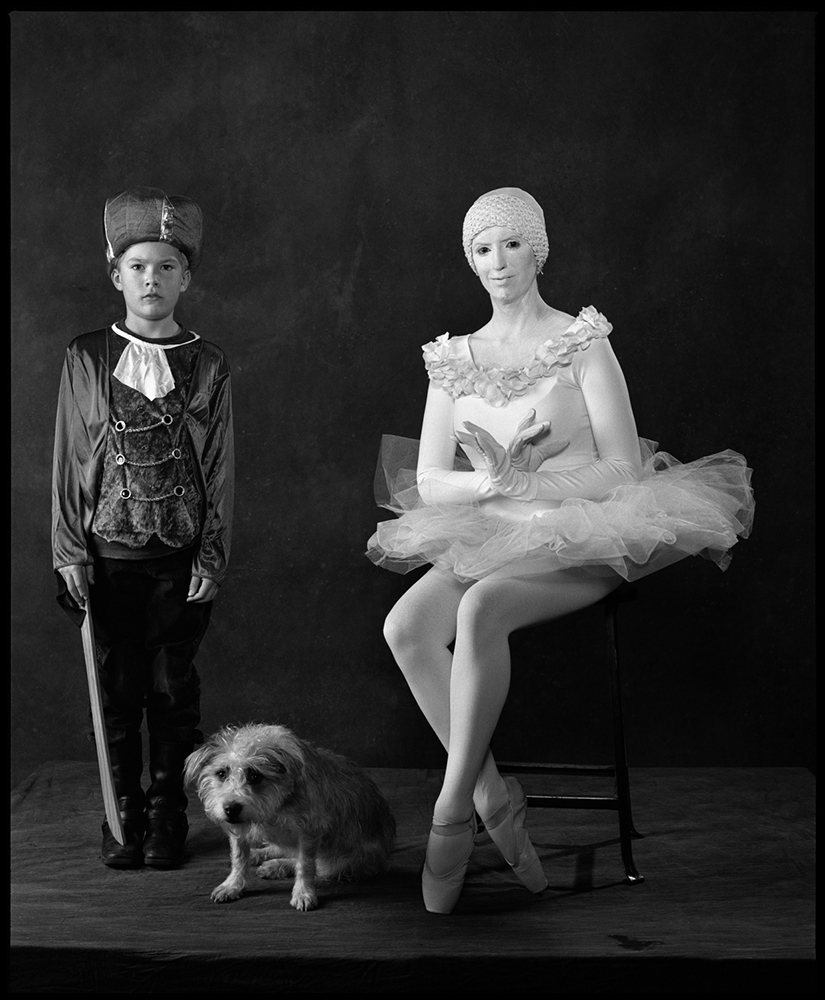
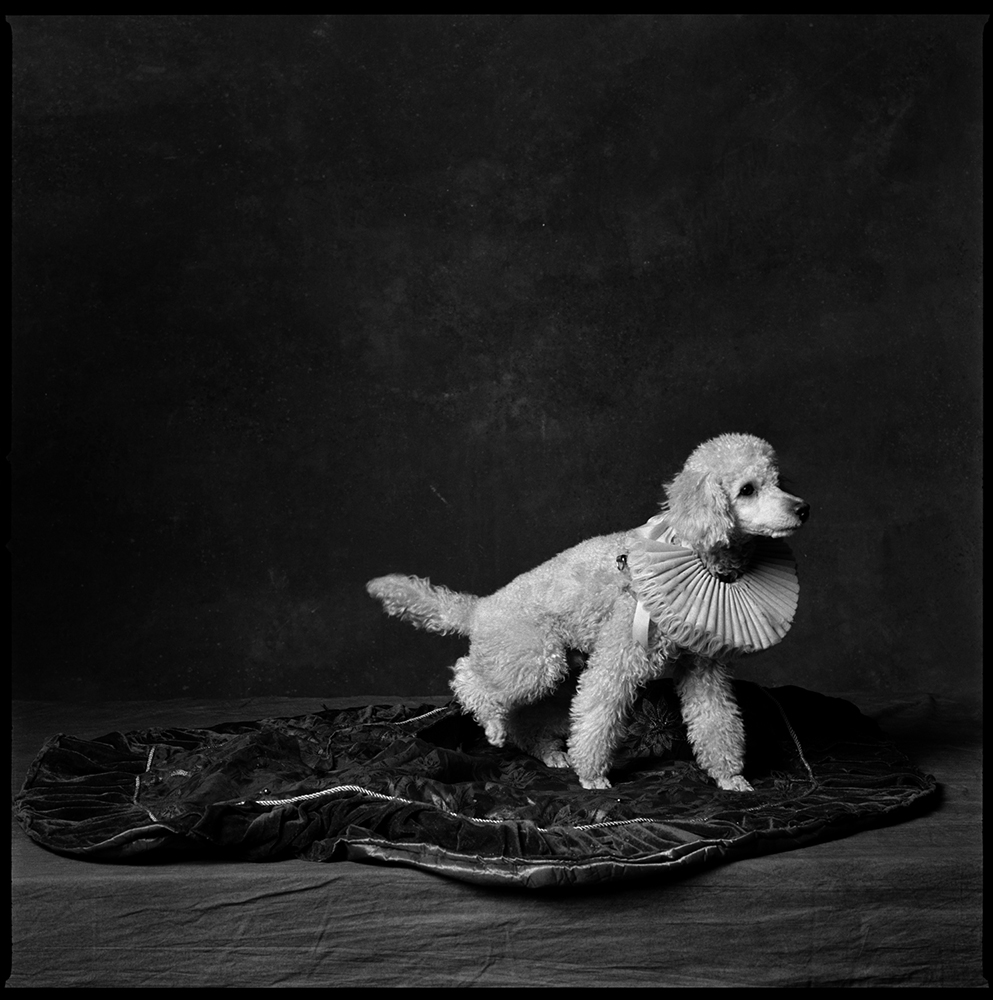
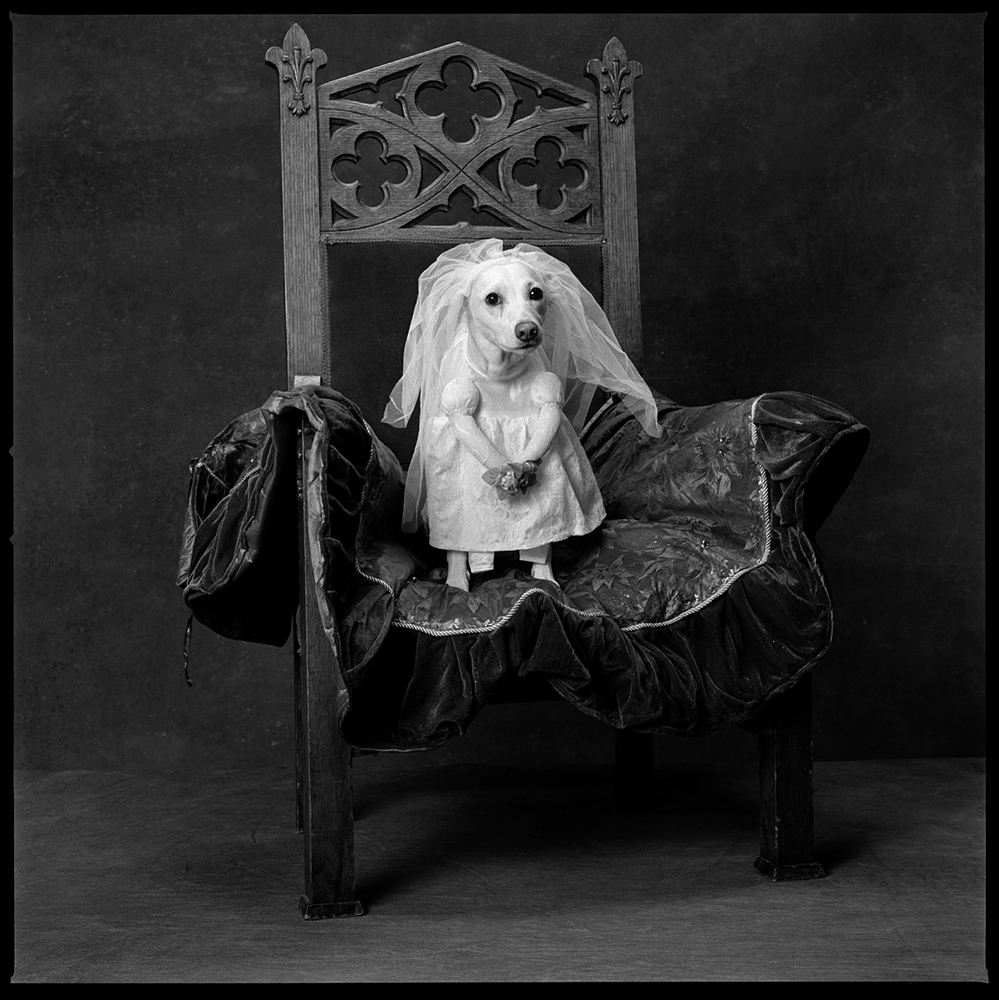
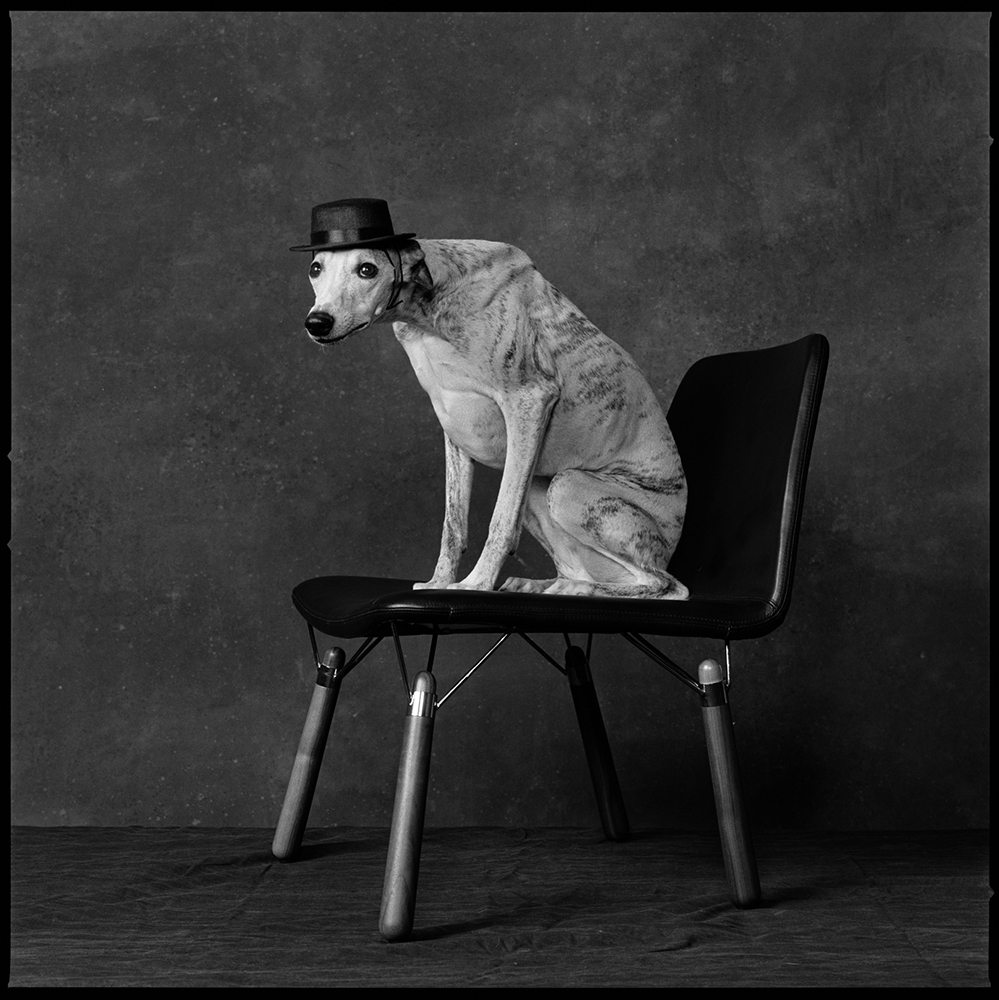
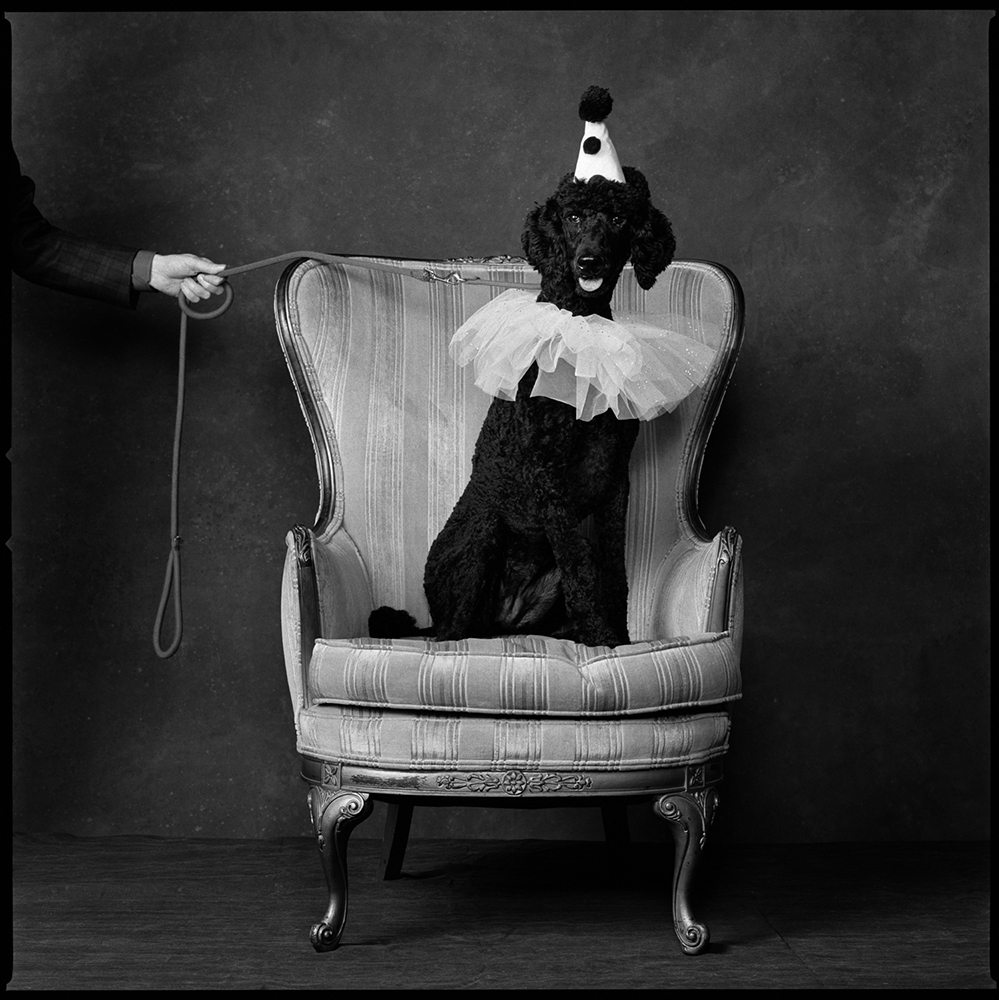
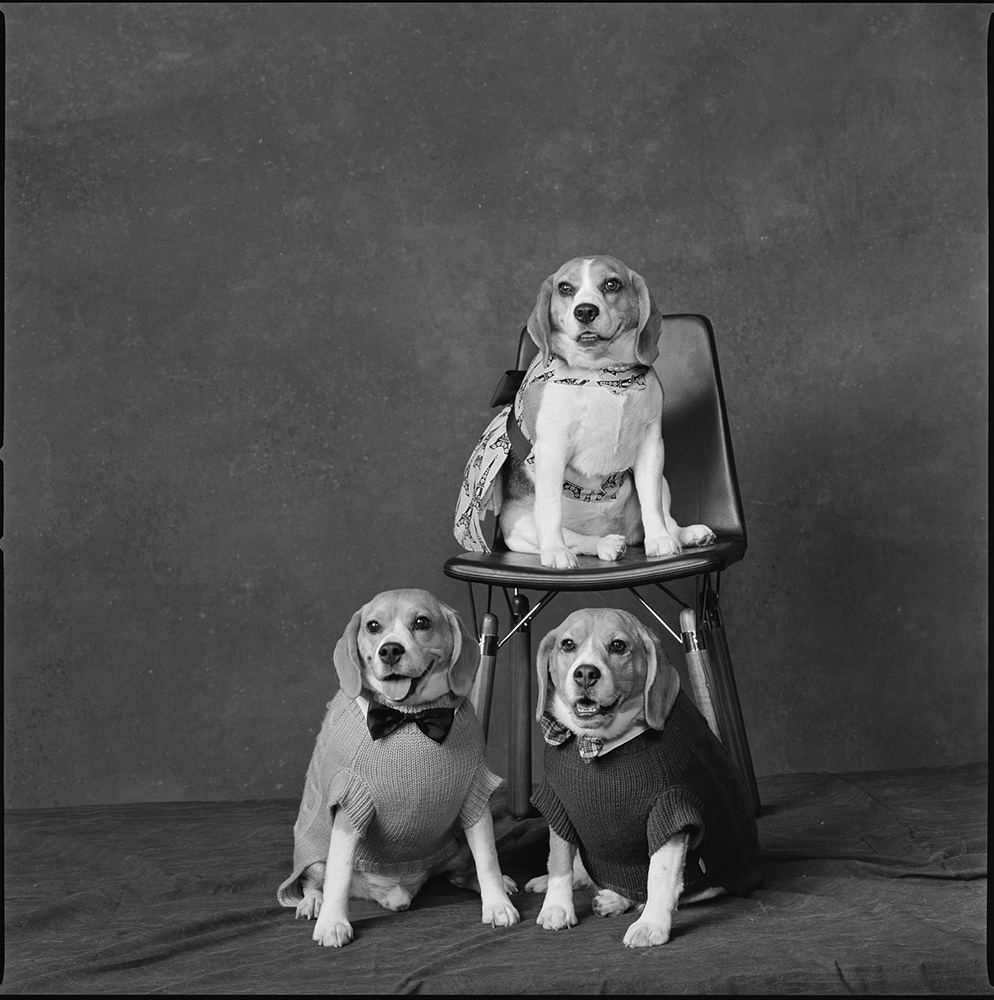
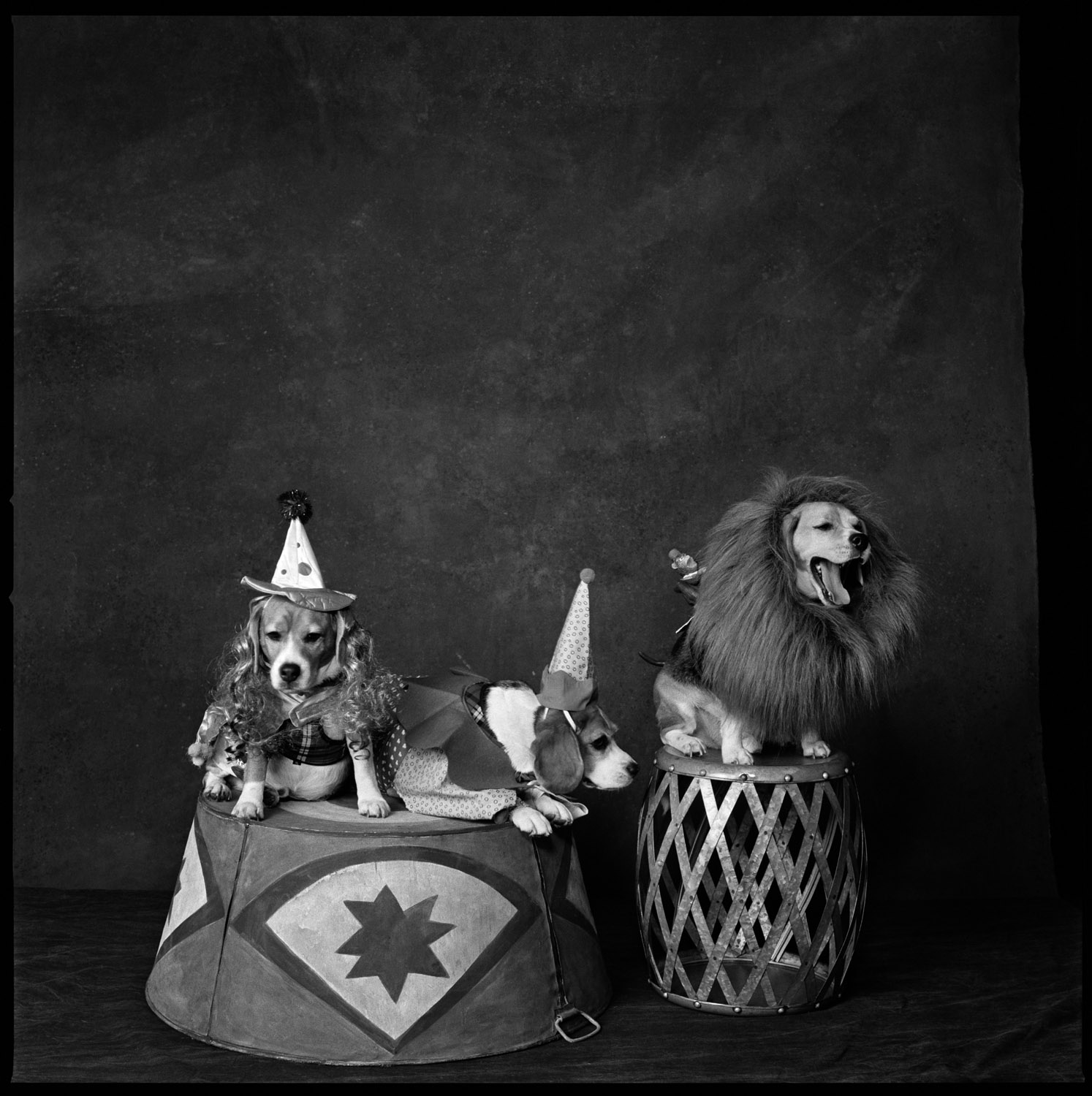
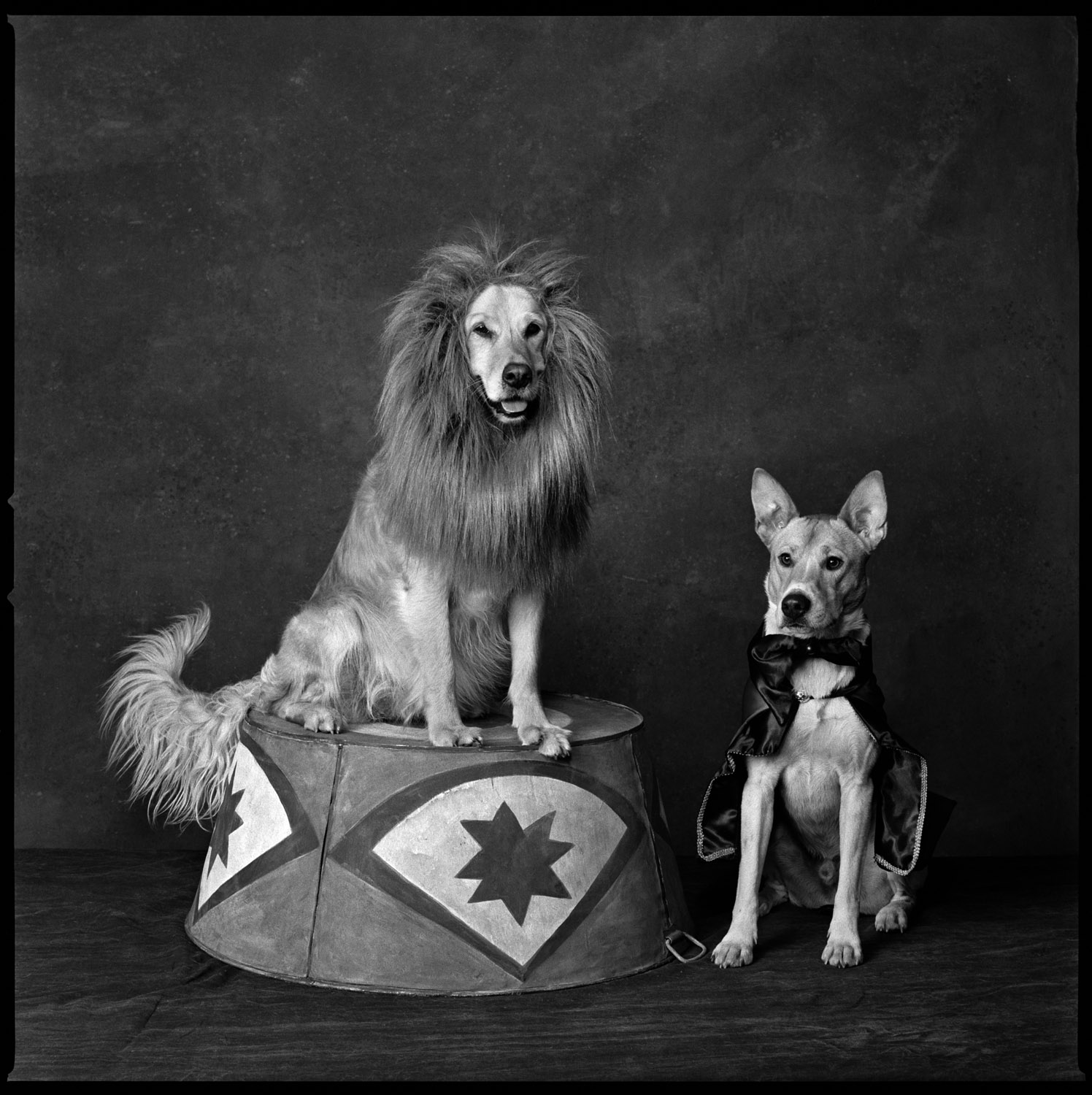
Written by Olivier Laurent, with reporting by Lucia De Stefani, Alice Gabriner, Myles Little, Natalie Matutschovsky, Ye Ming, Paul Moakley, Michelle Molloy and Kira Pollack. Photo editing by Myles Little.
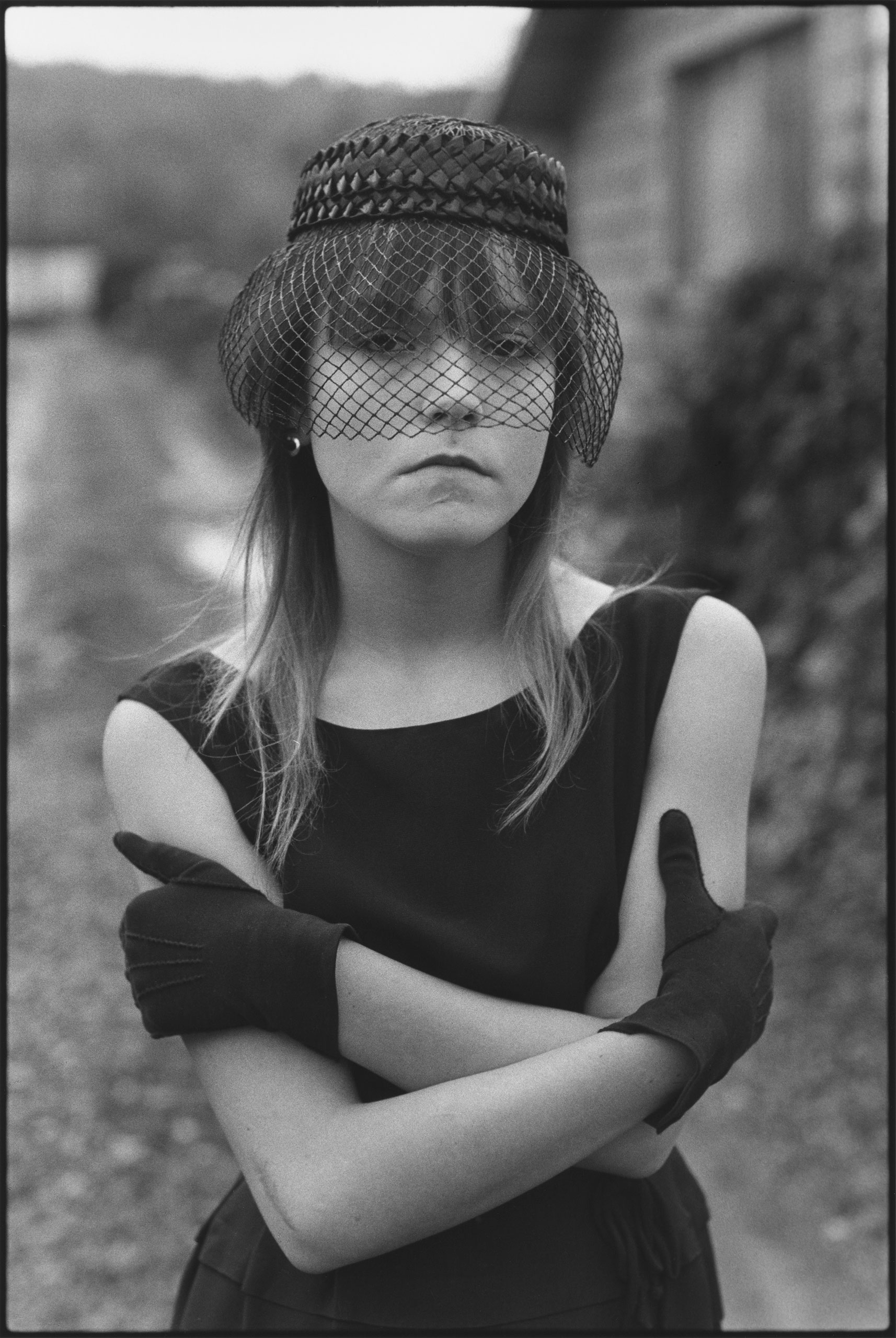
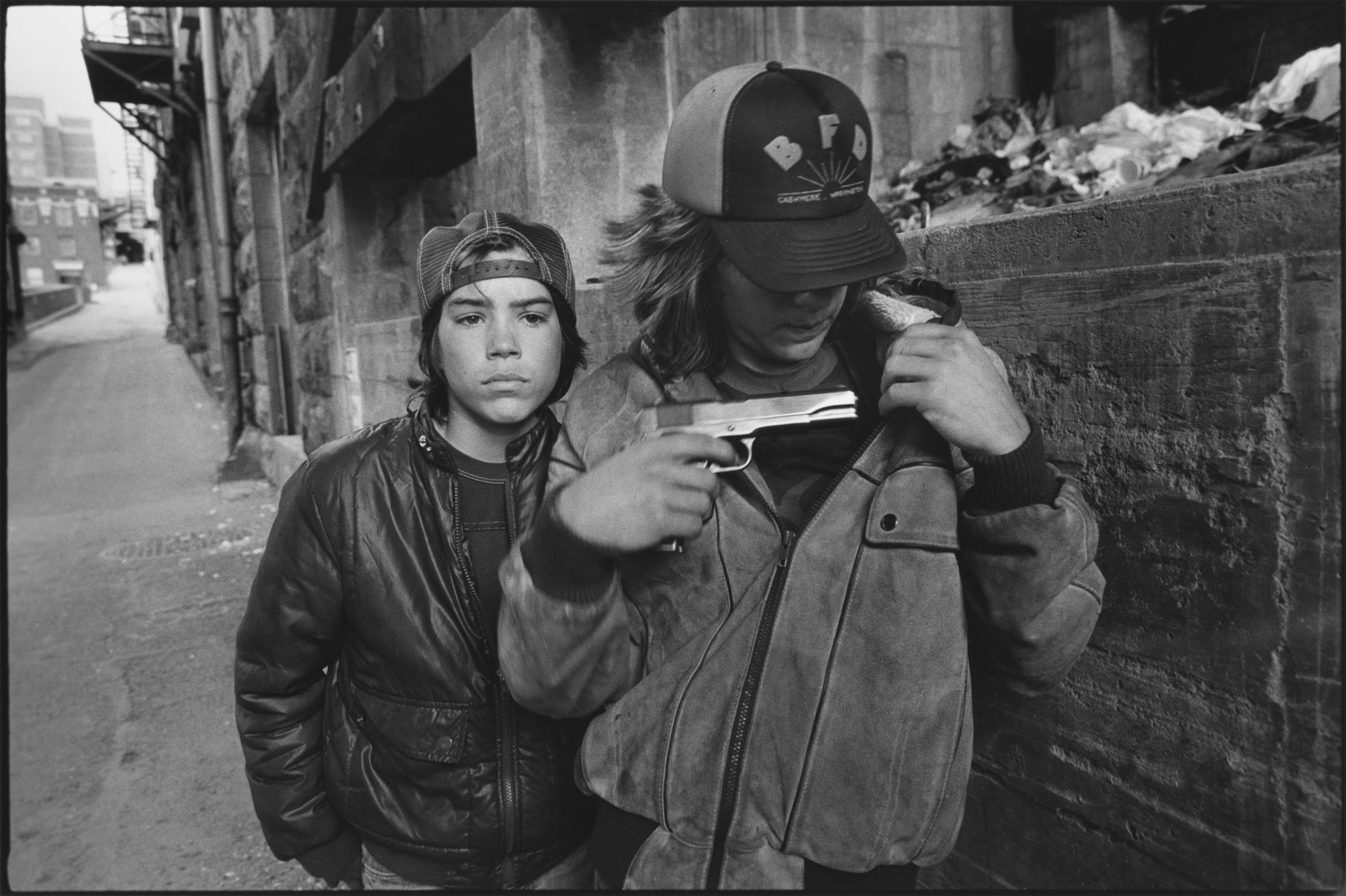
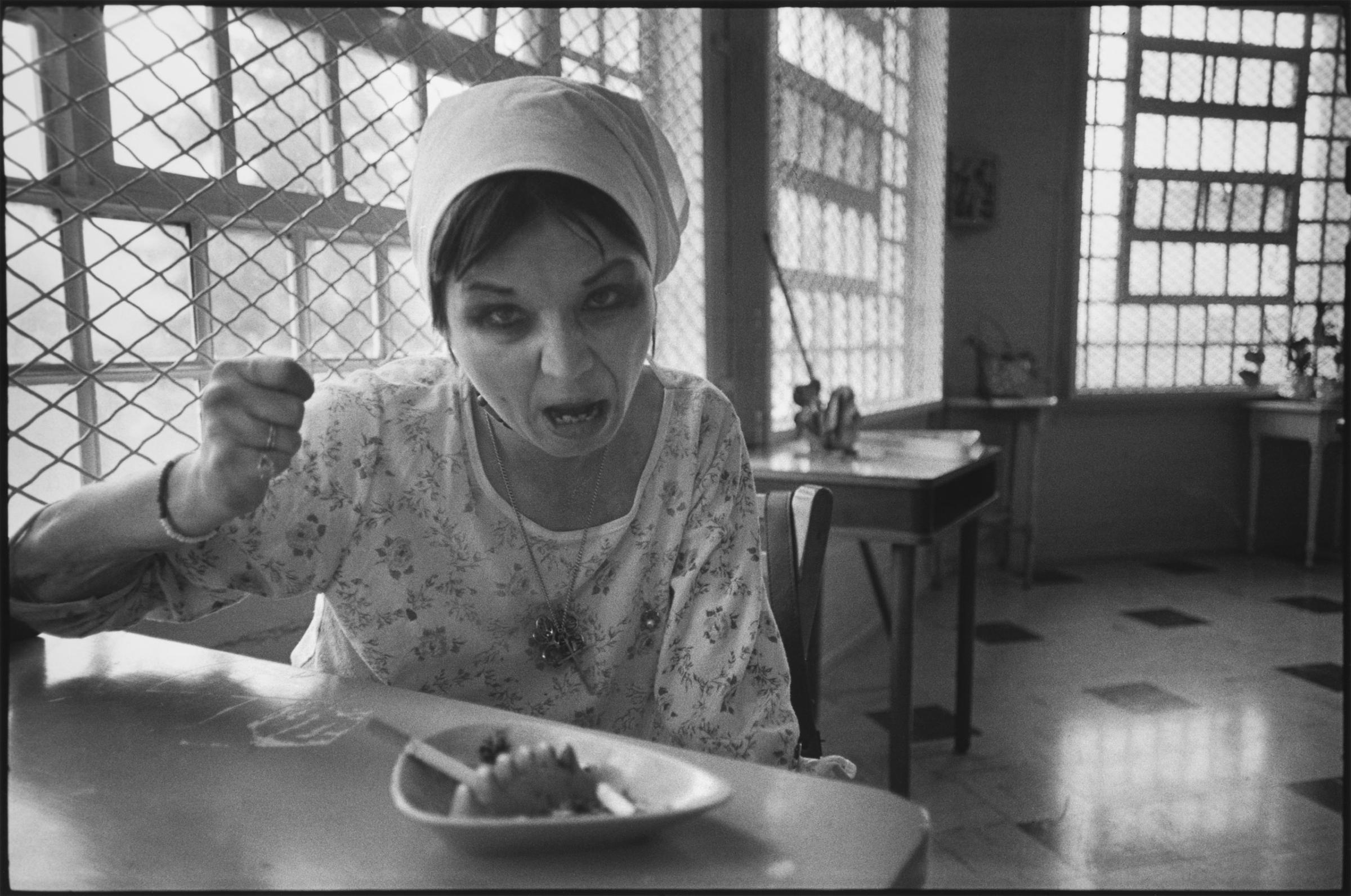
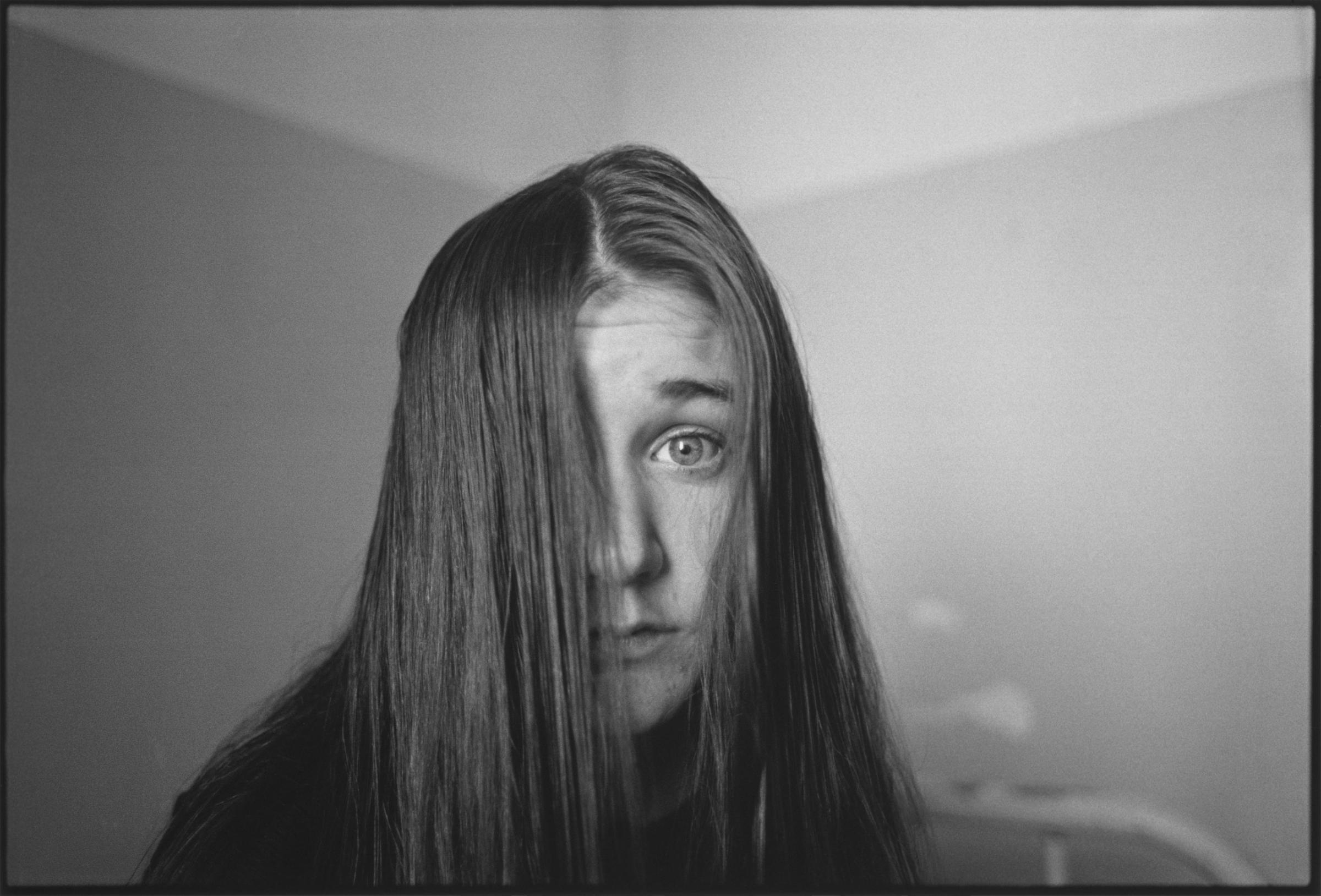
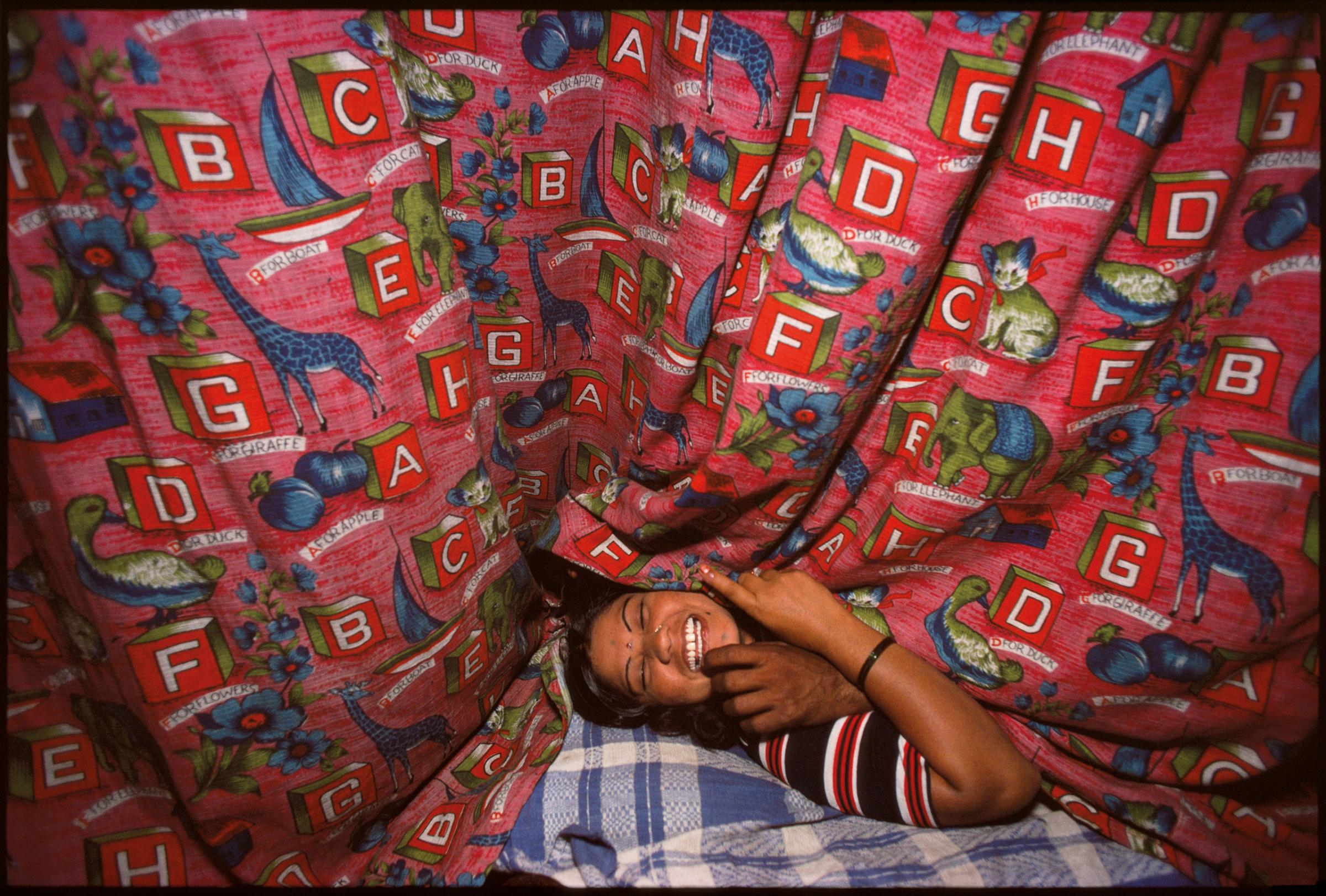
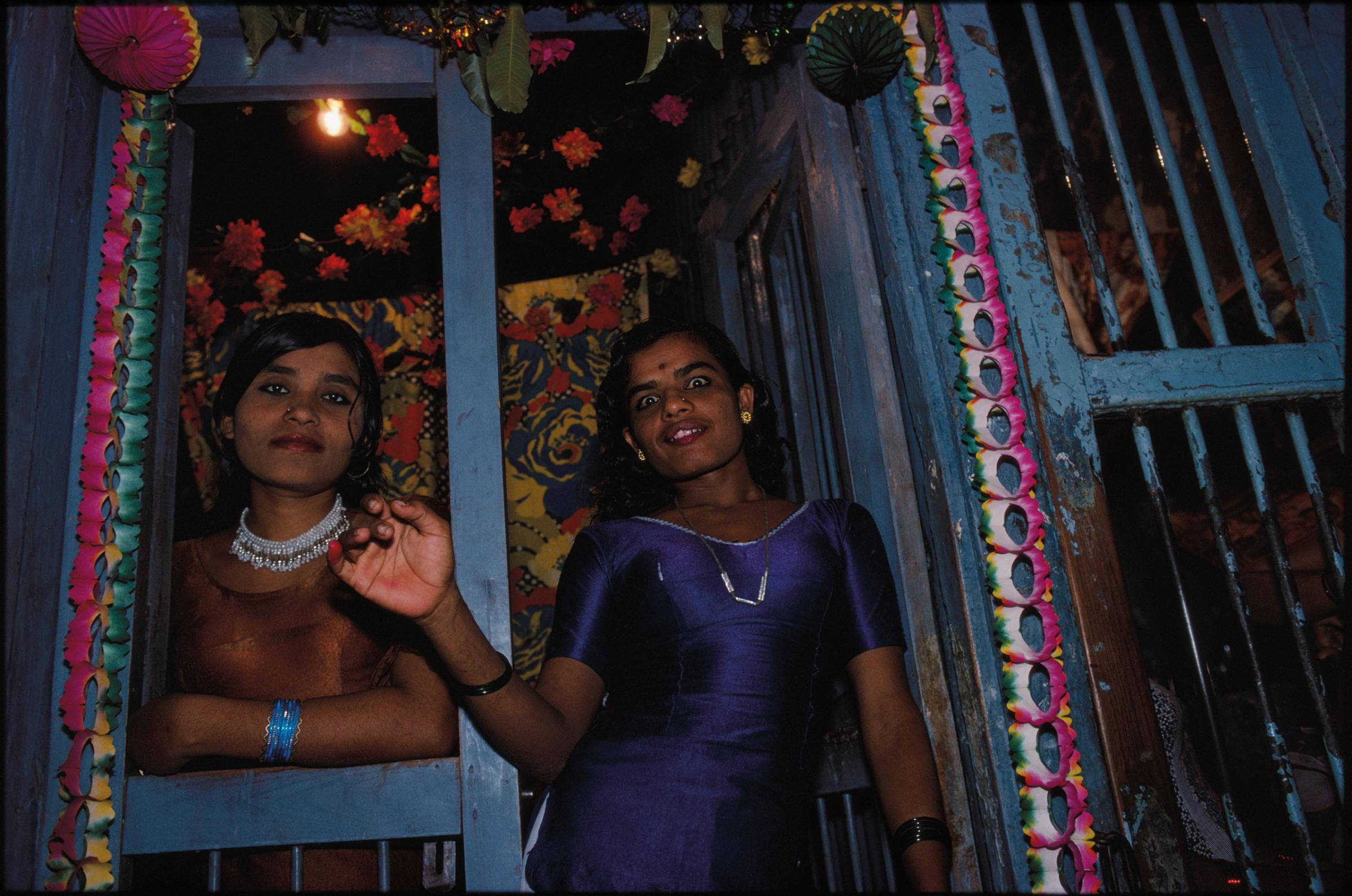
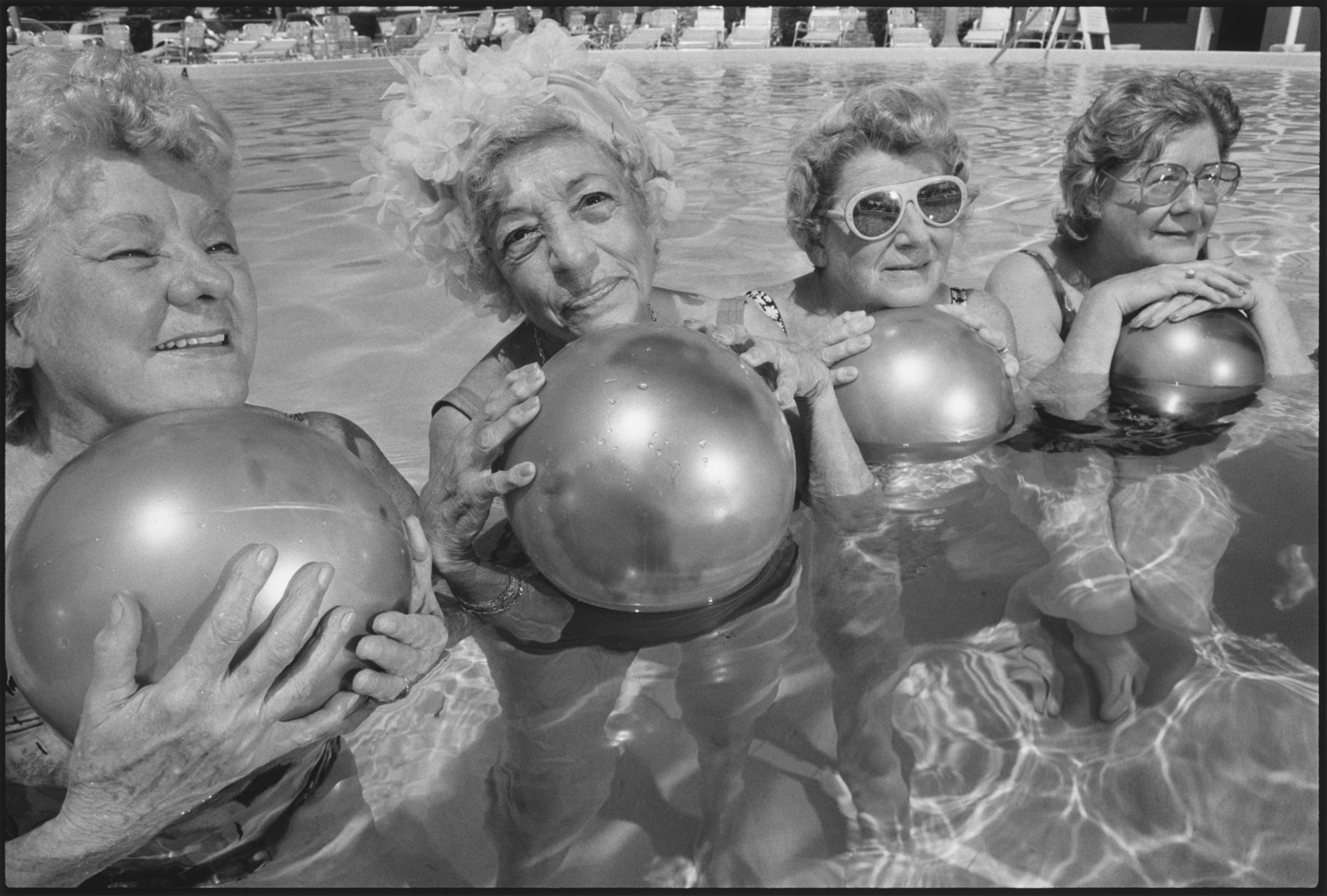
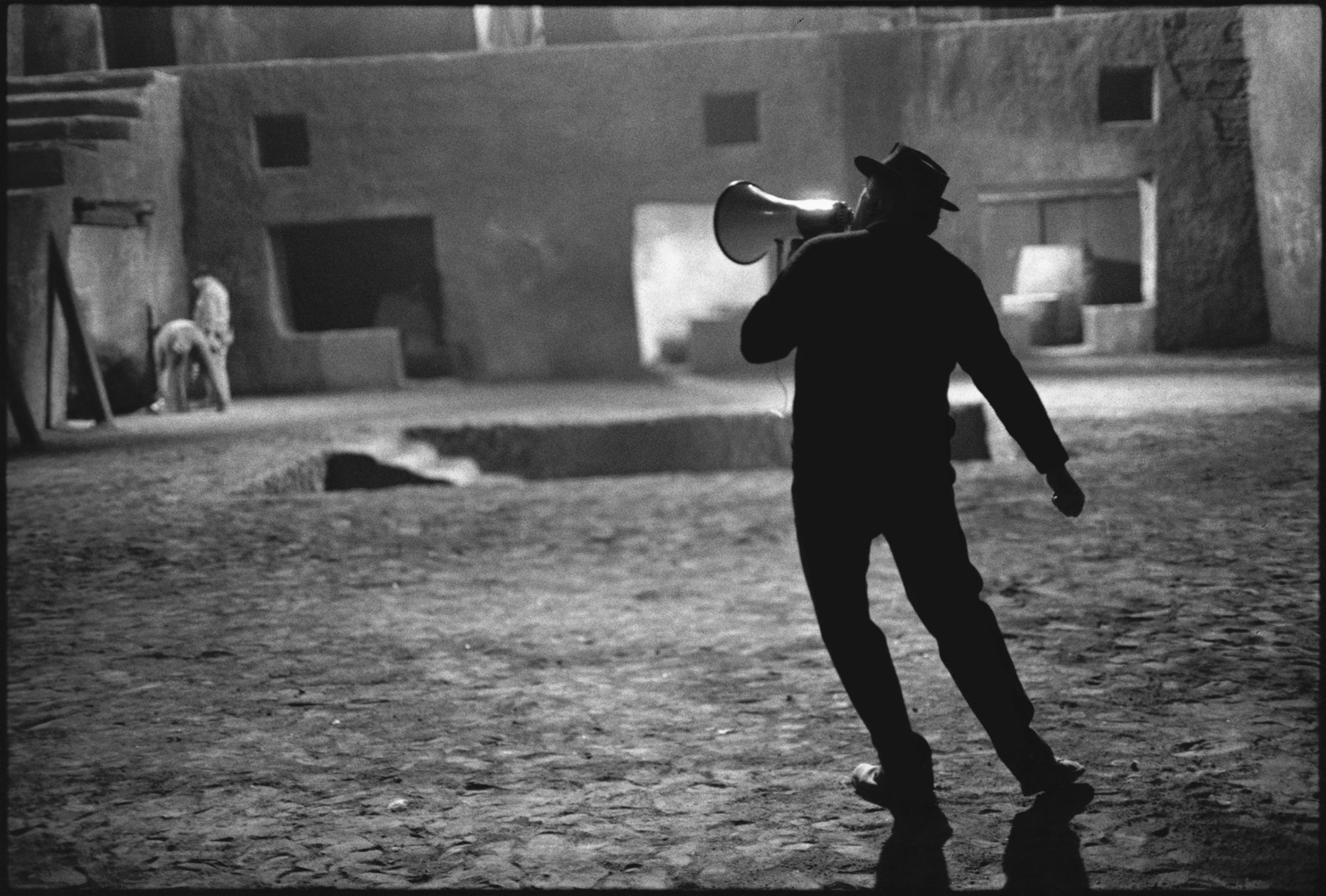
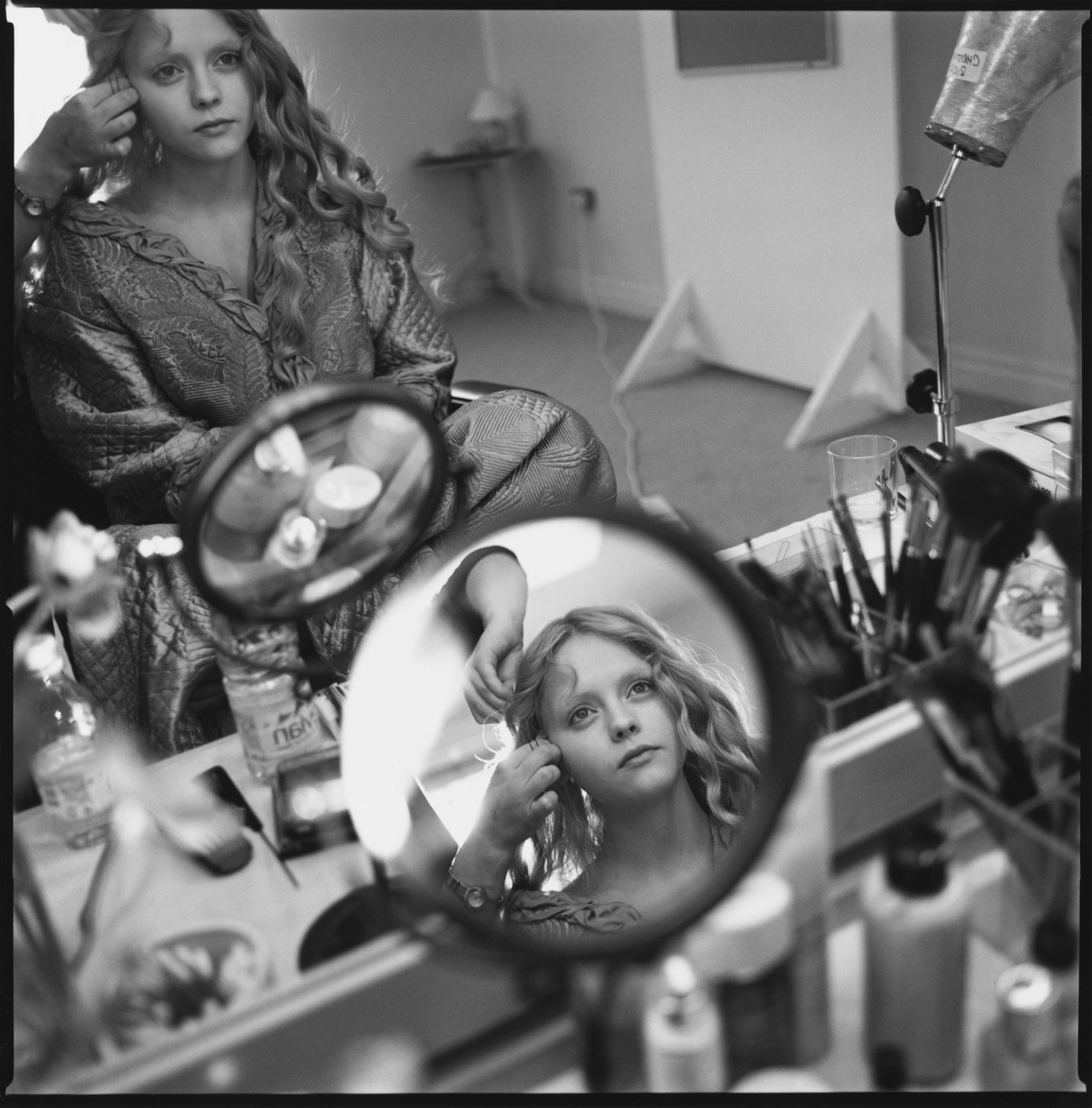
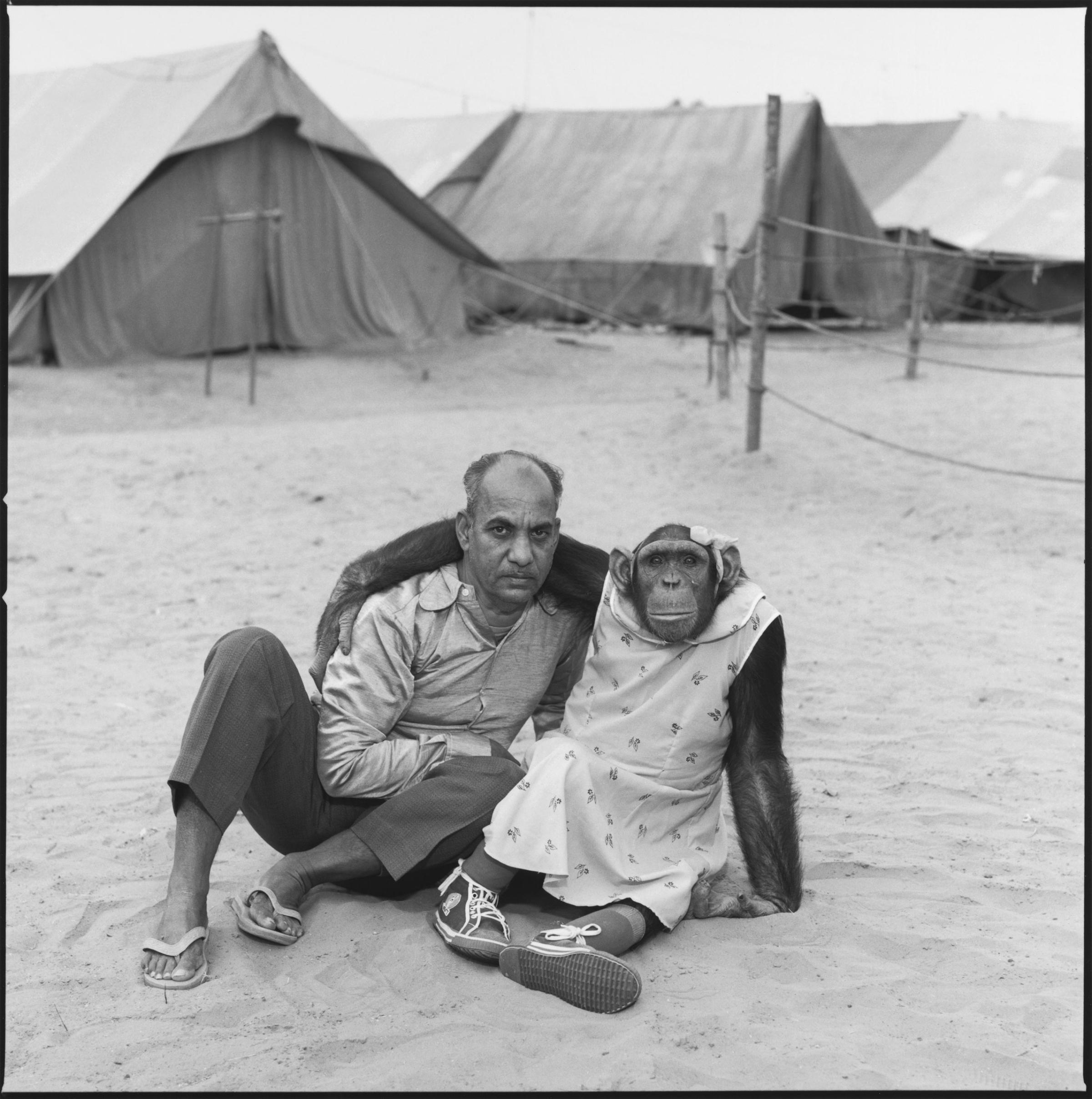
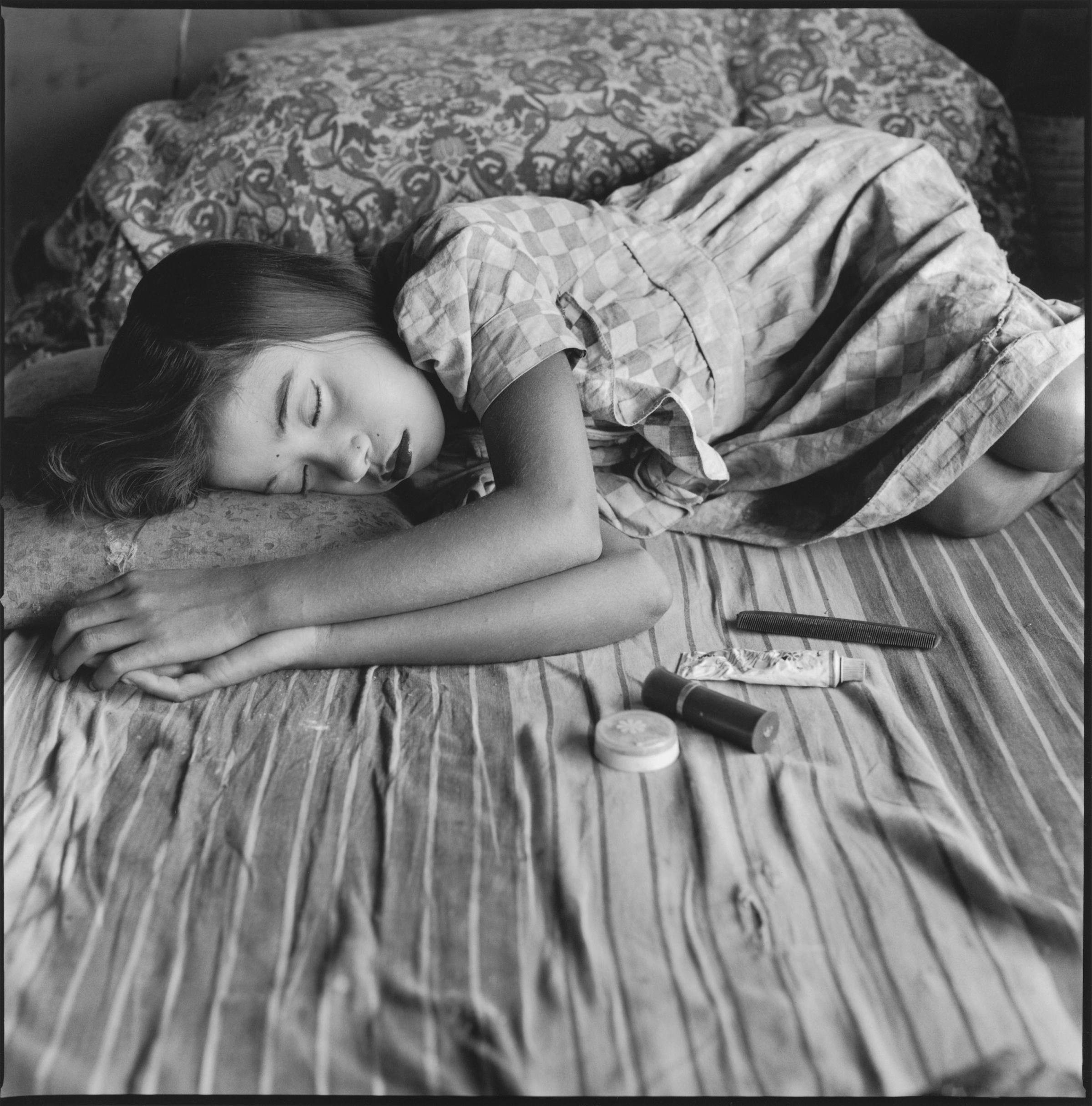
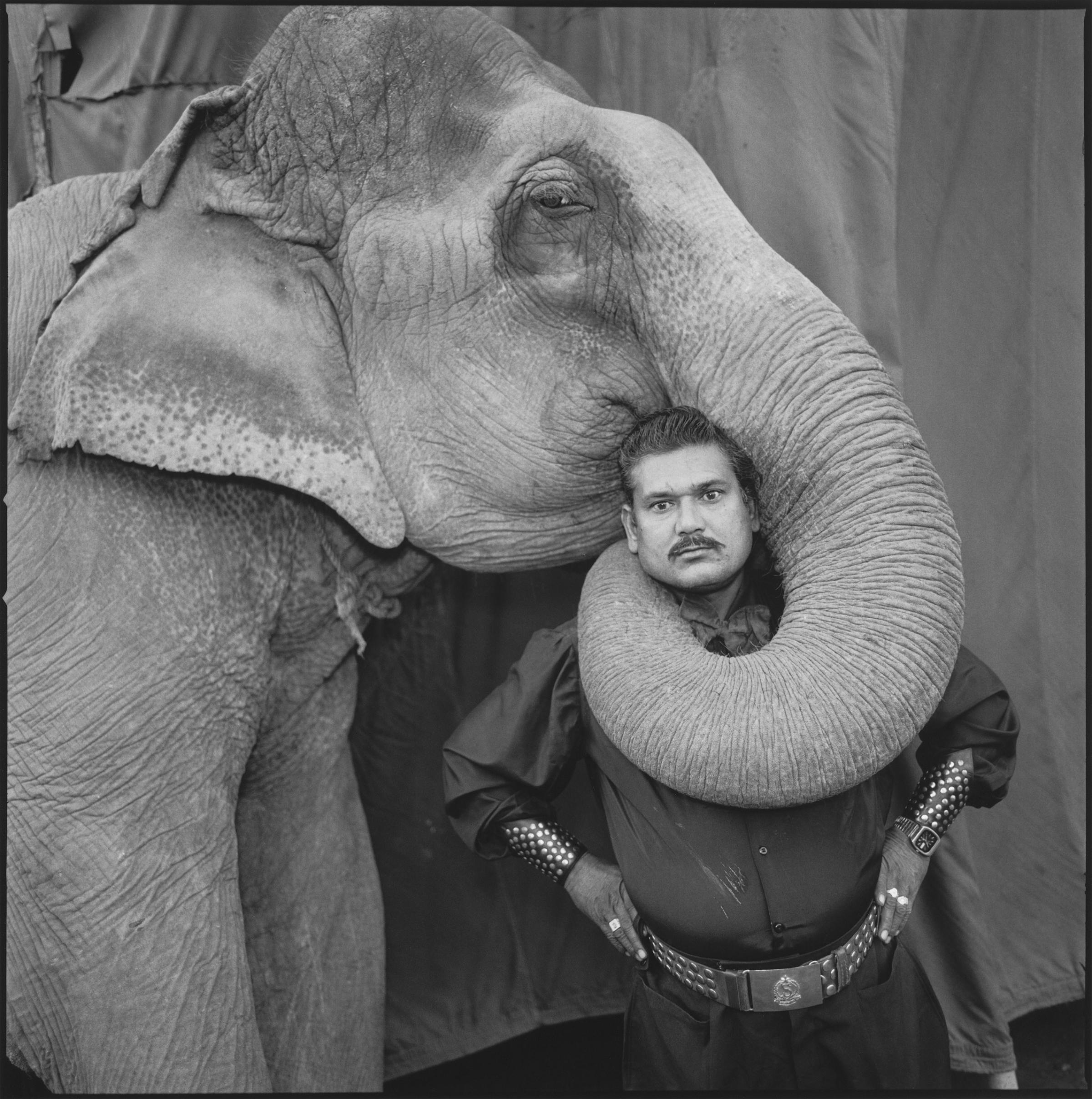
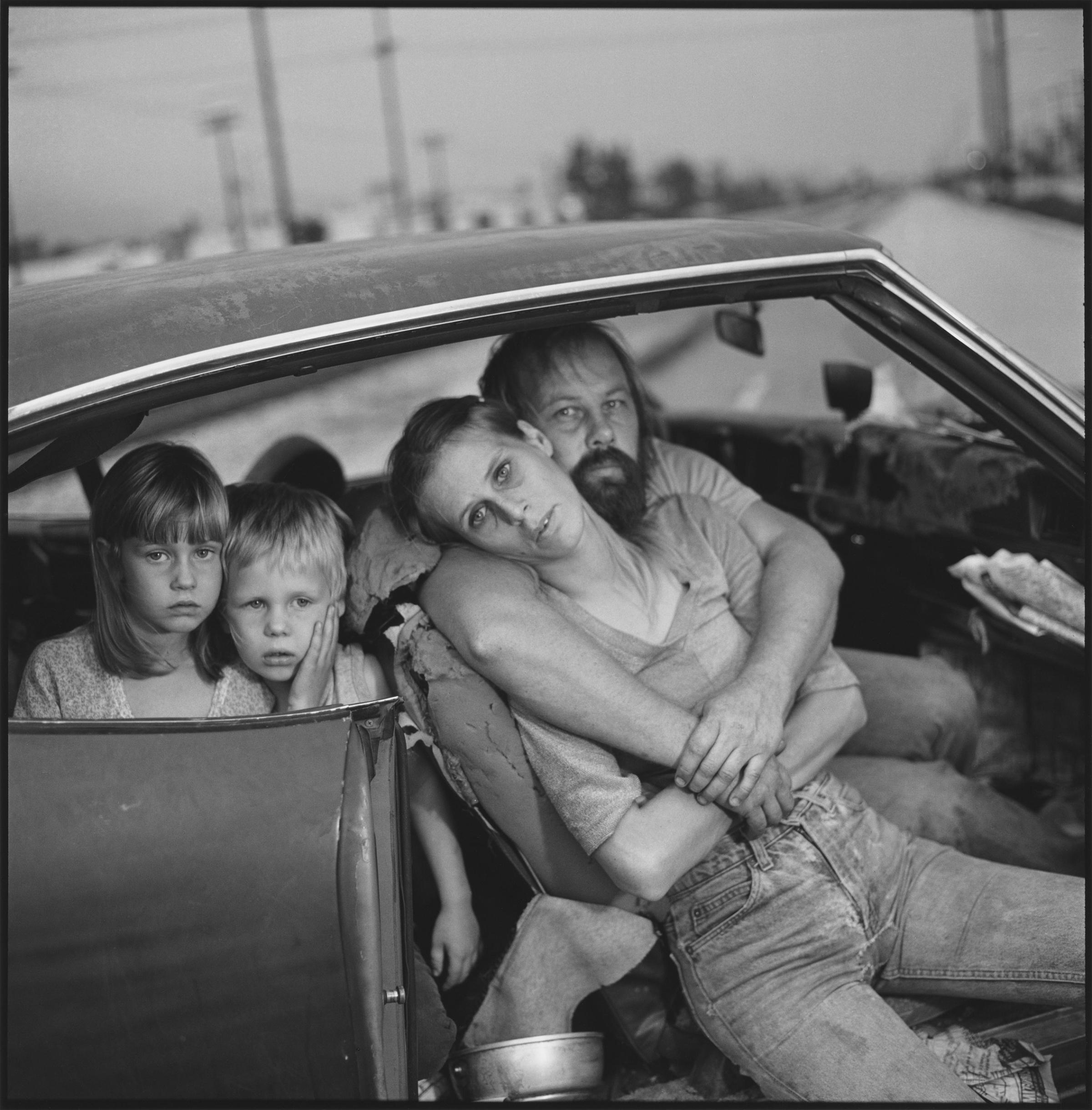
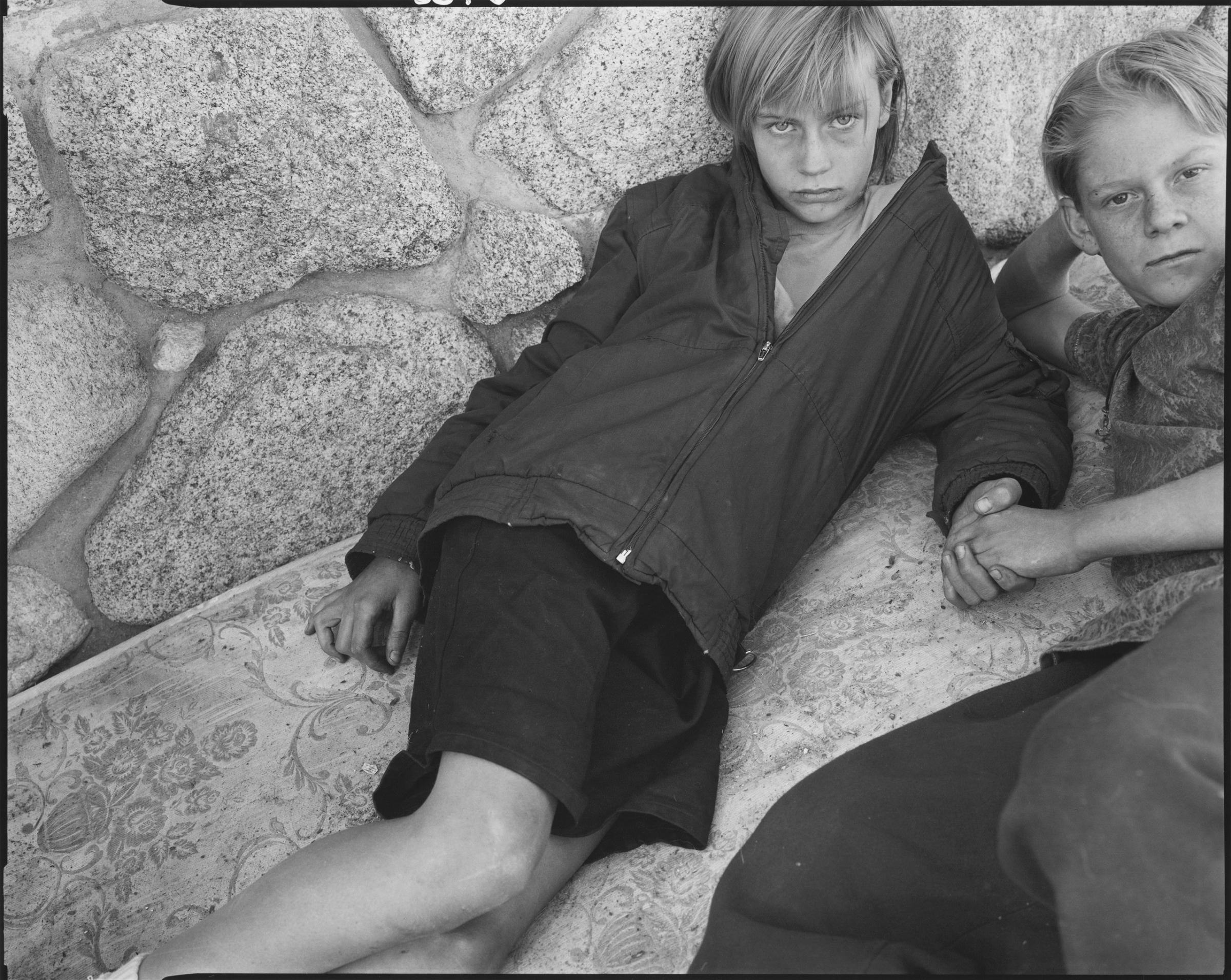
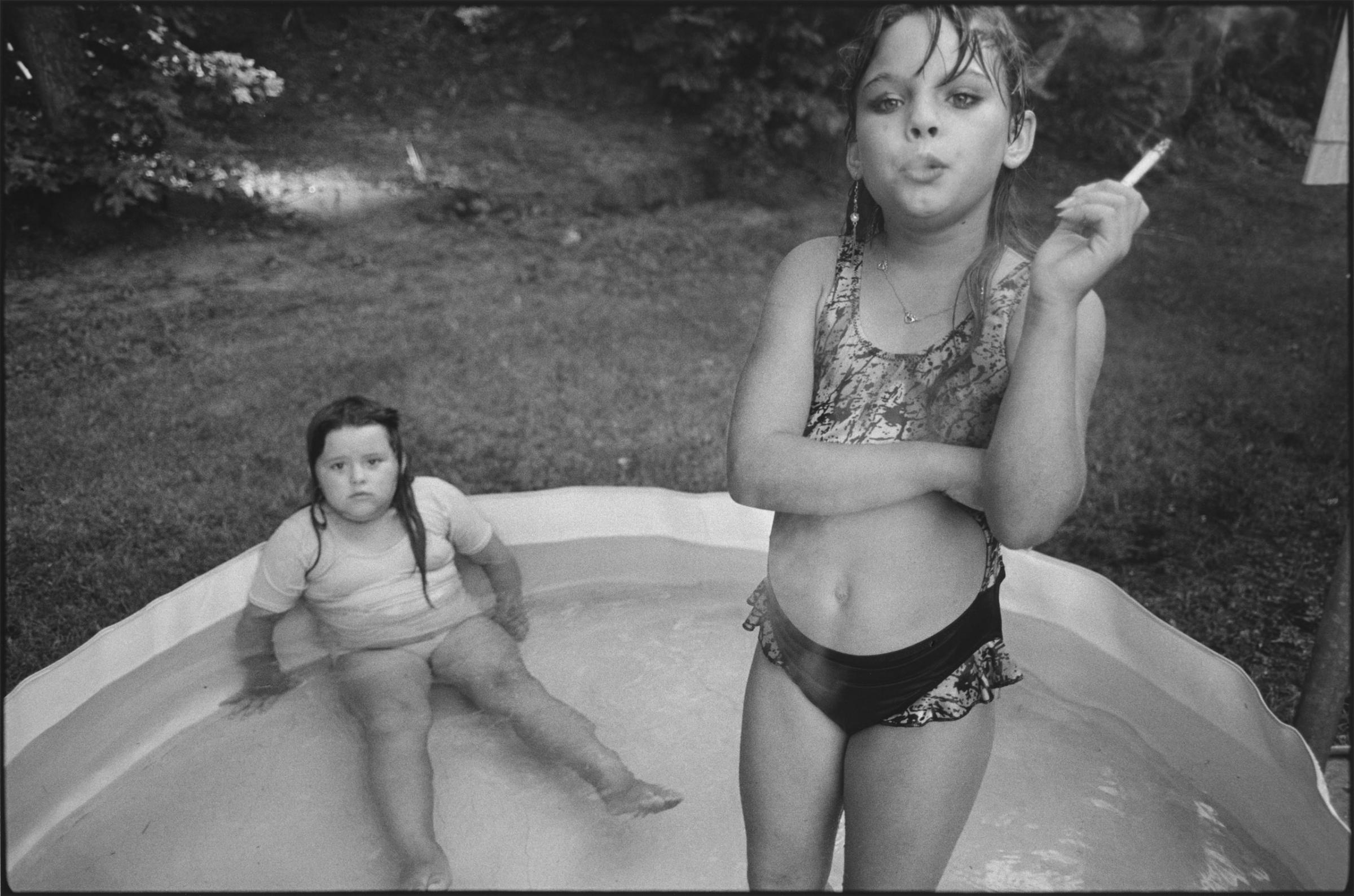
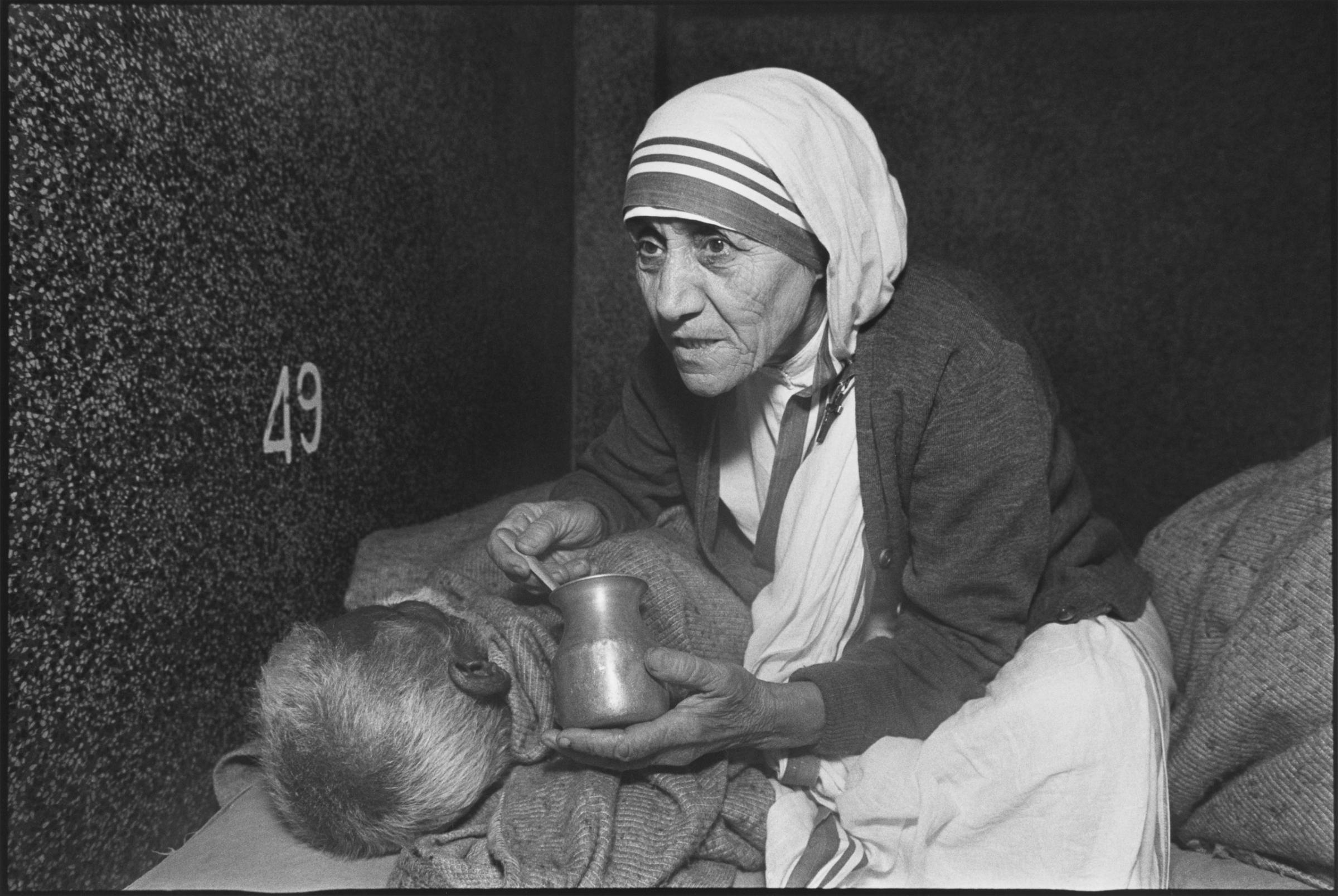
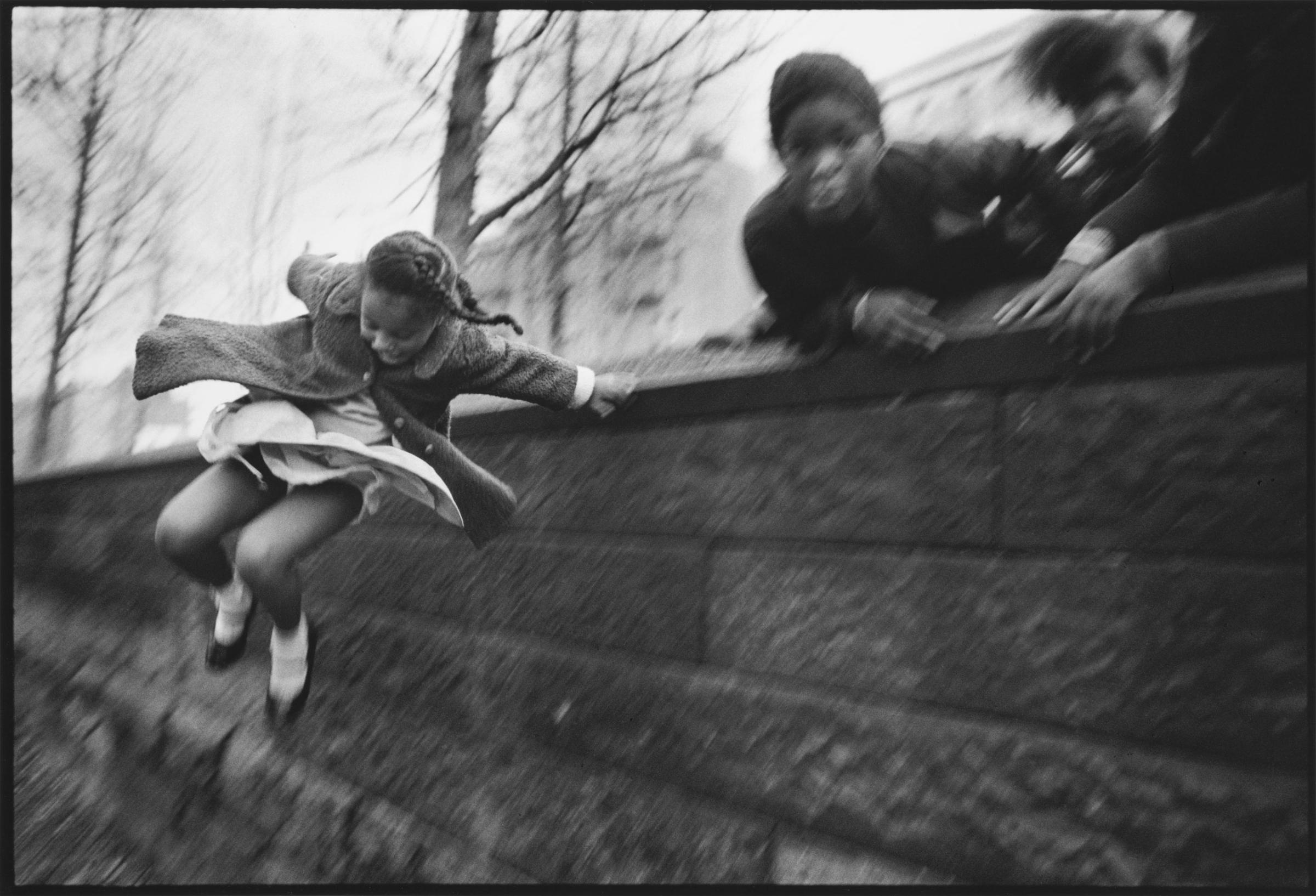
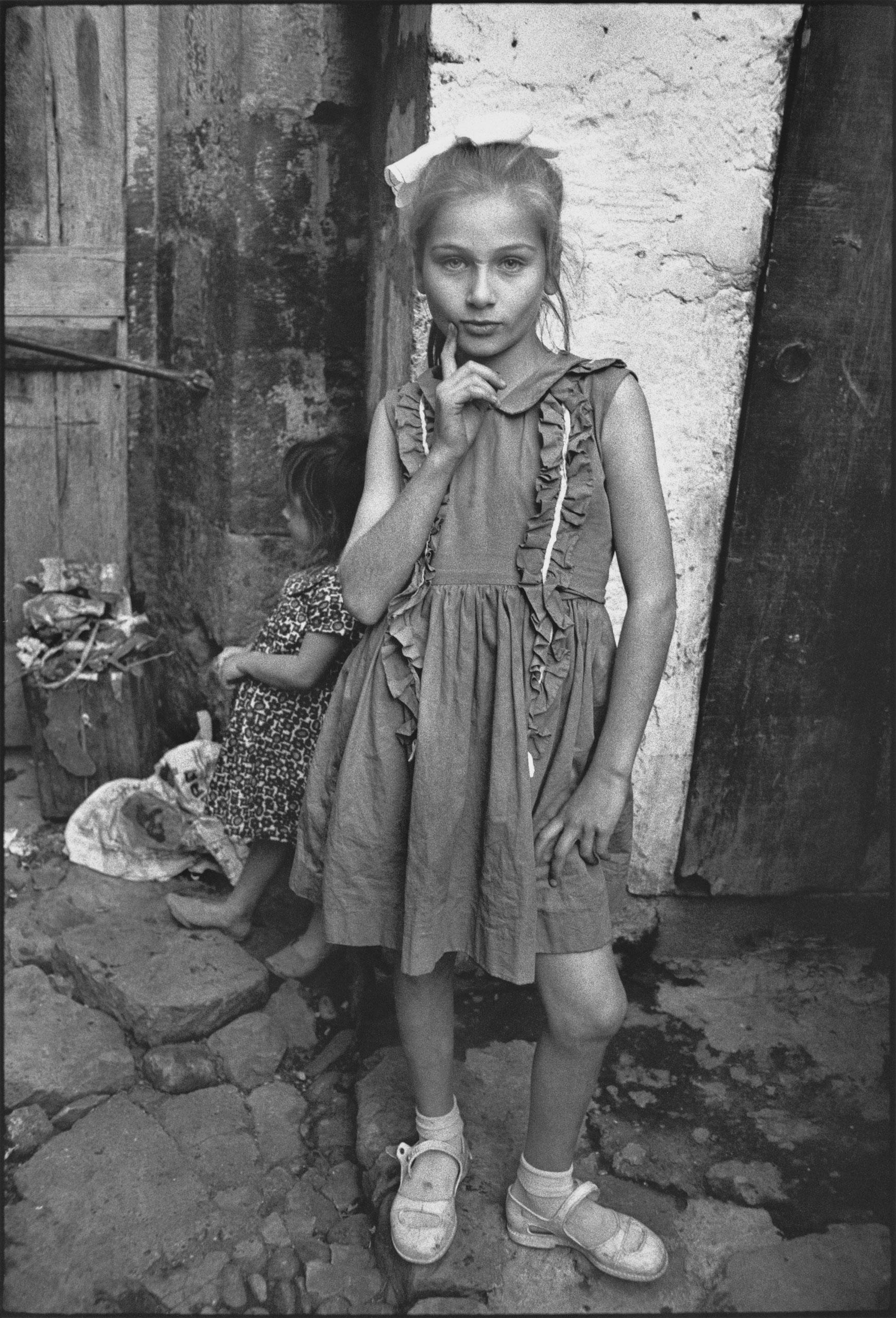
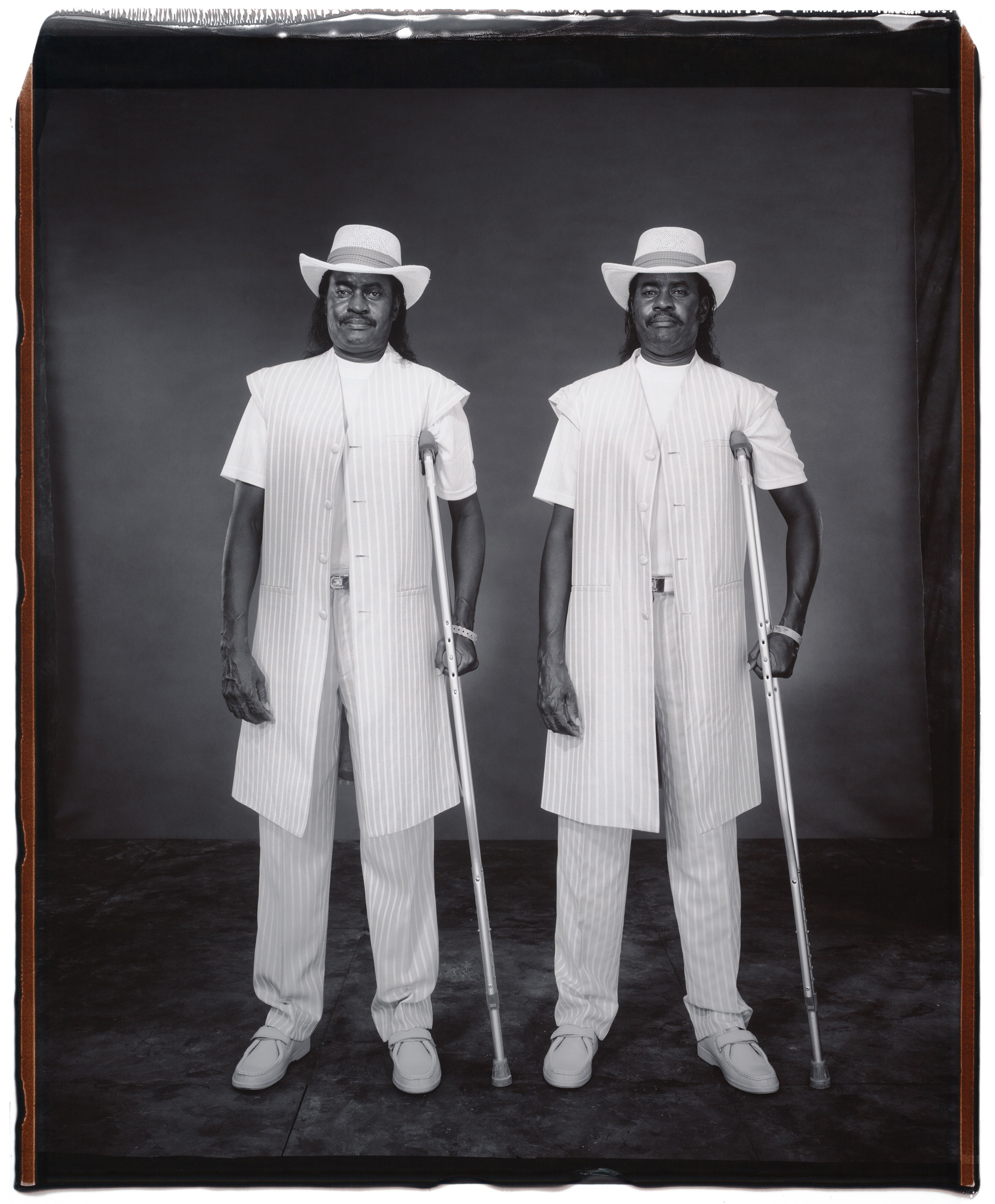
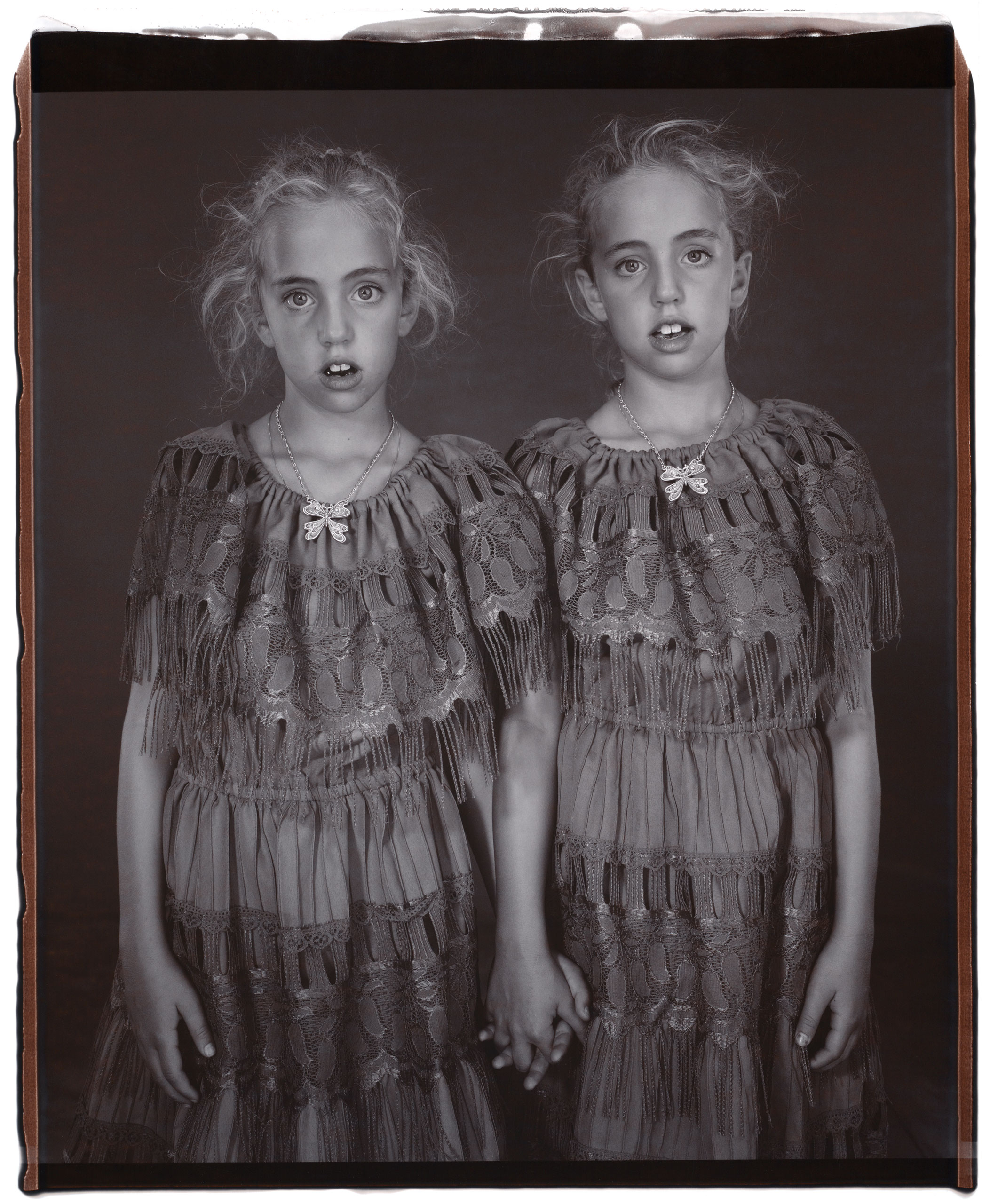
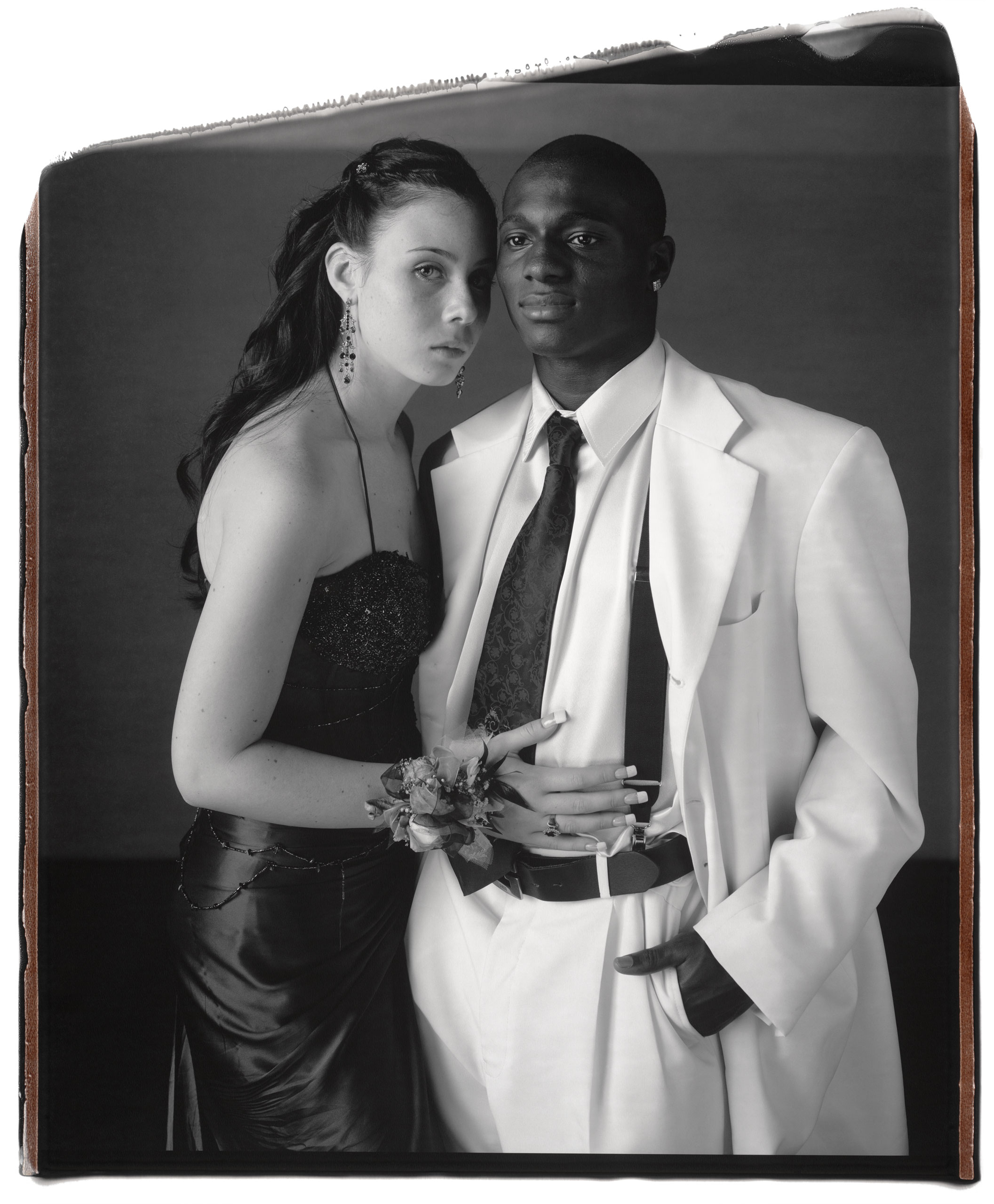
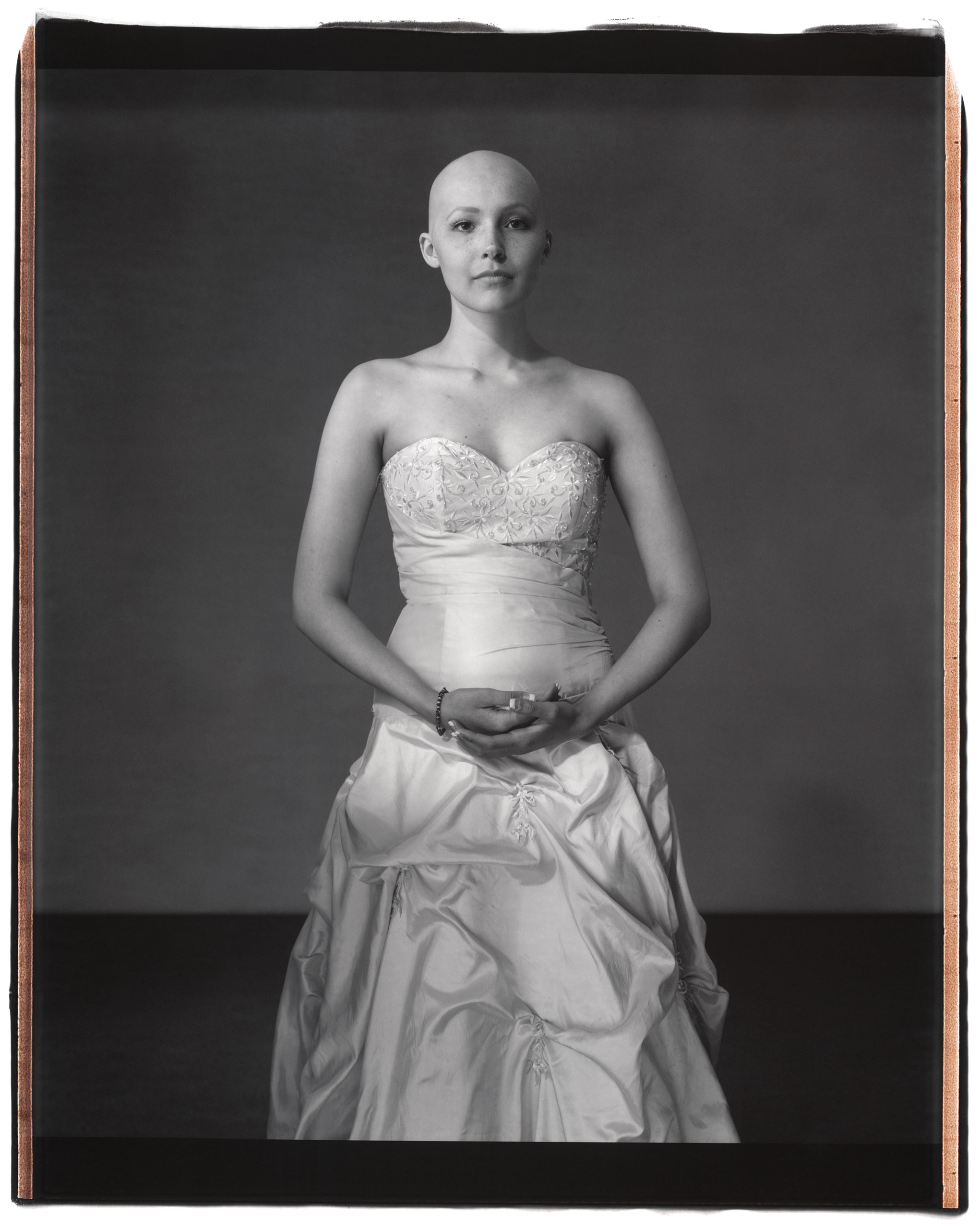
More Must-Reads From TIME
- The 100 Most Influential People of 2024
- The Revolution of Yulia Navalnaya
- 6 Compliments That Land Every Time
- What's the Deal With the Bitcoin Halving?
- If You're Dating Right Now , You're Brave: Column
- The AI That Could Heal a Divided Internet
- Fallout Is a Brilliant Model for the Future of Video Game Adaptations
- Want Weekly Recs on What to Watch, Read, and More? Sign Up for Worth Your Time
Contact us at letters@time.com